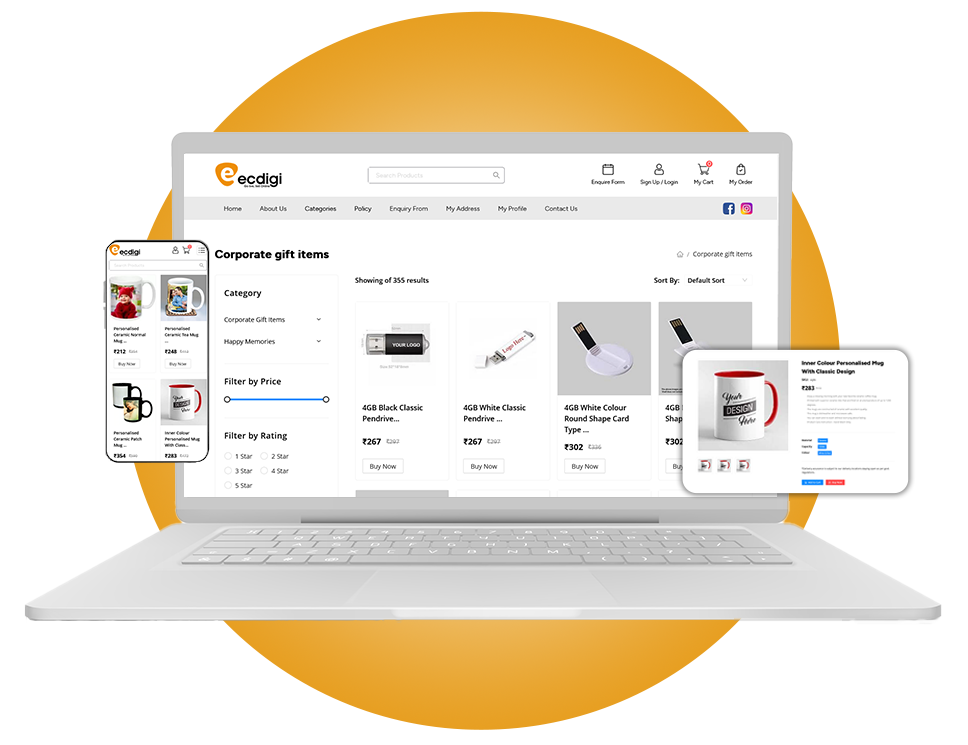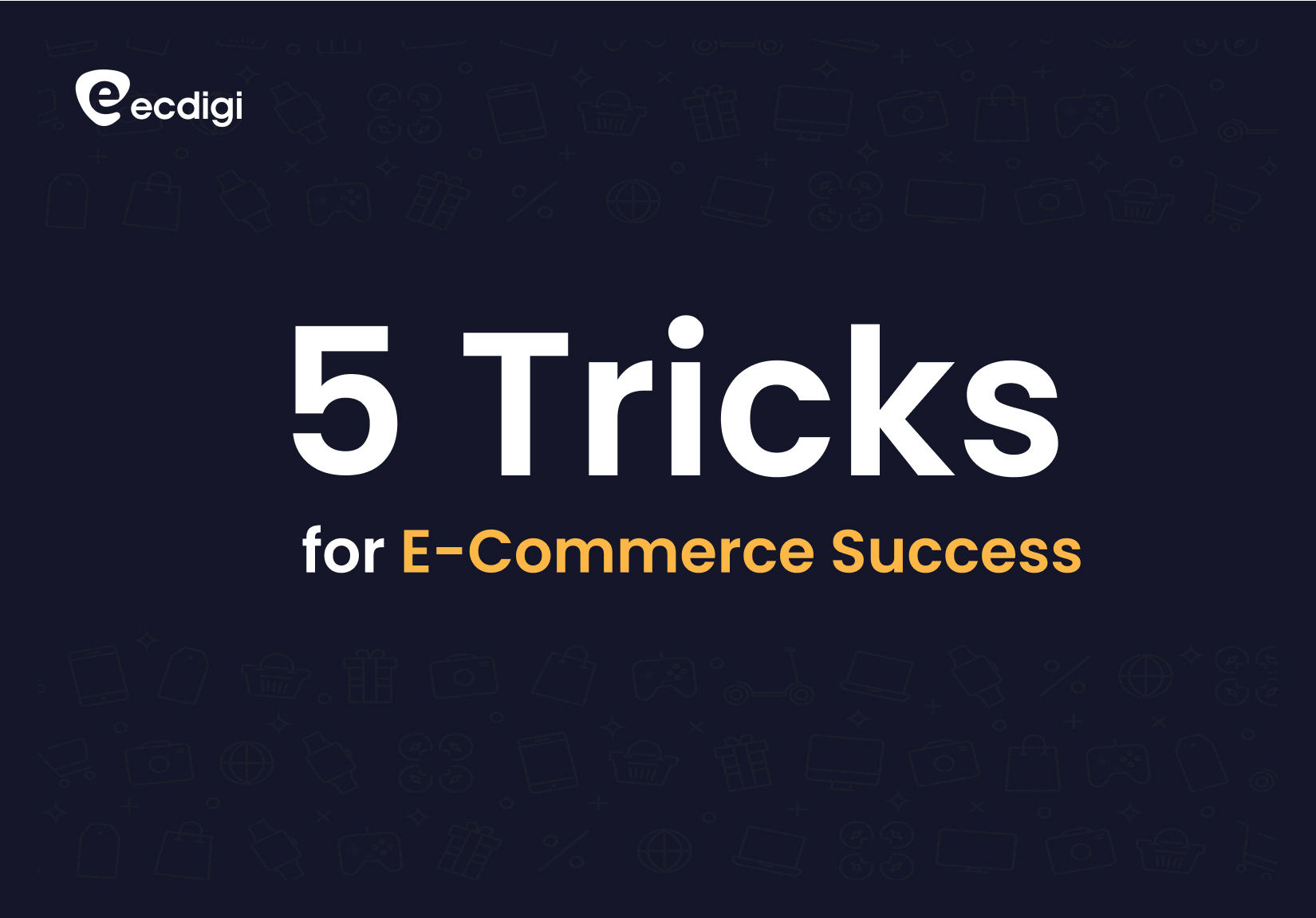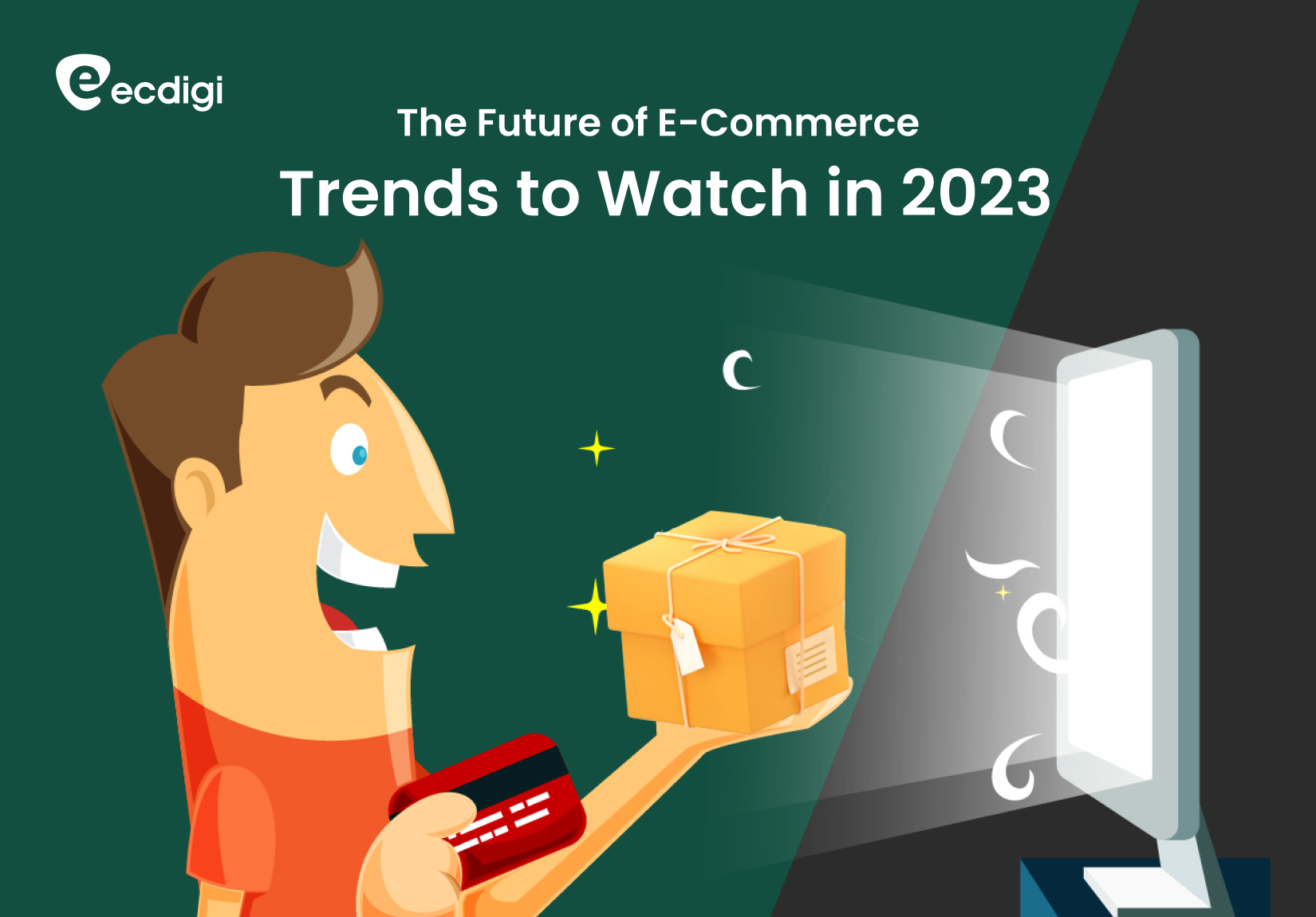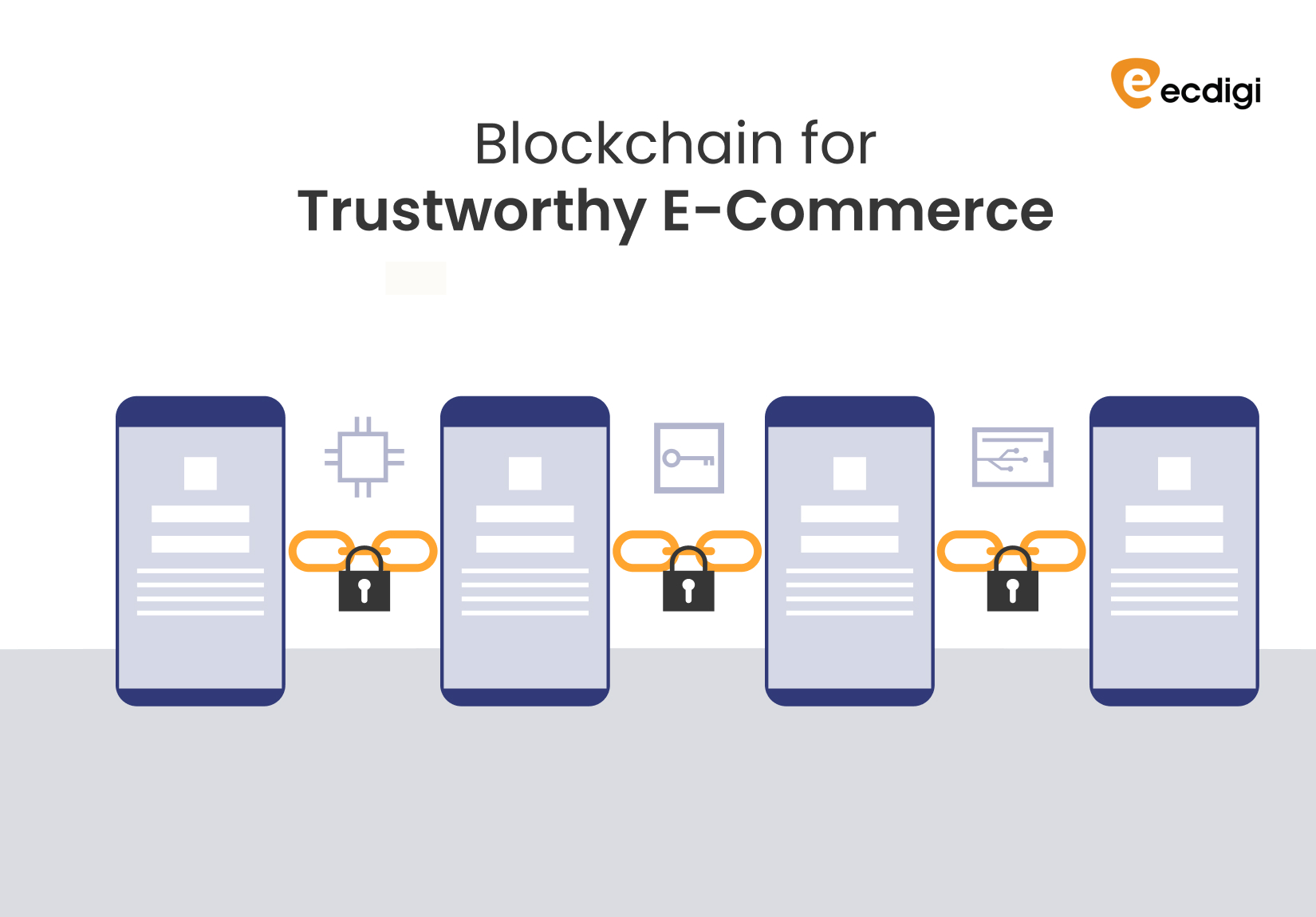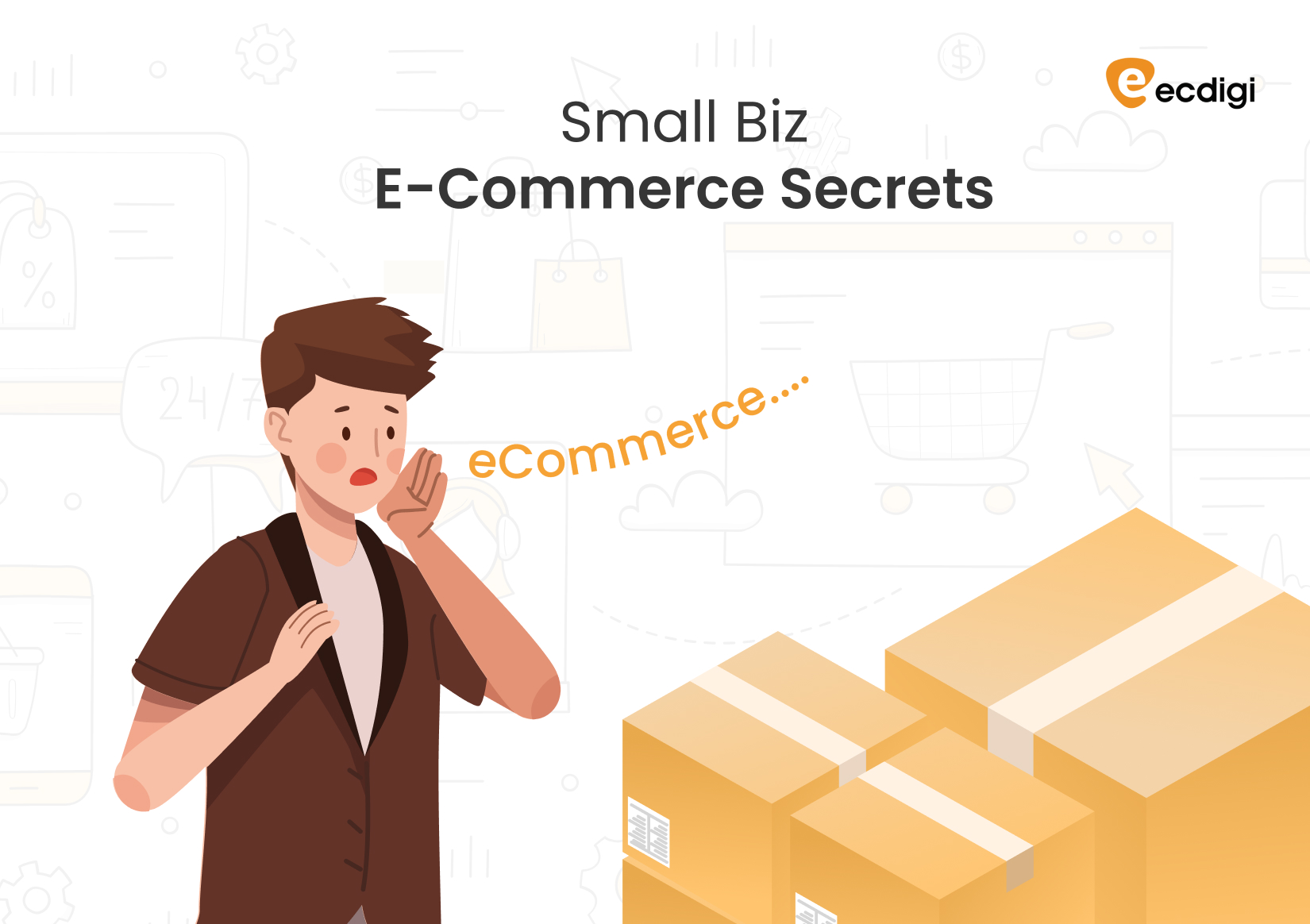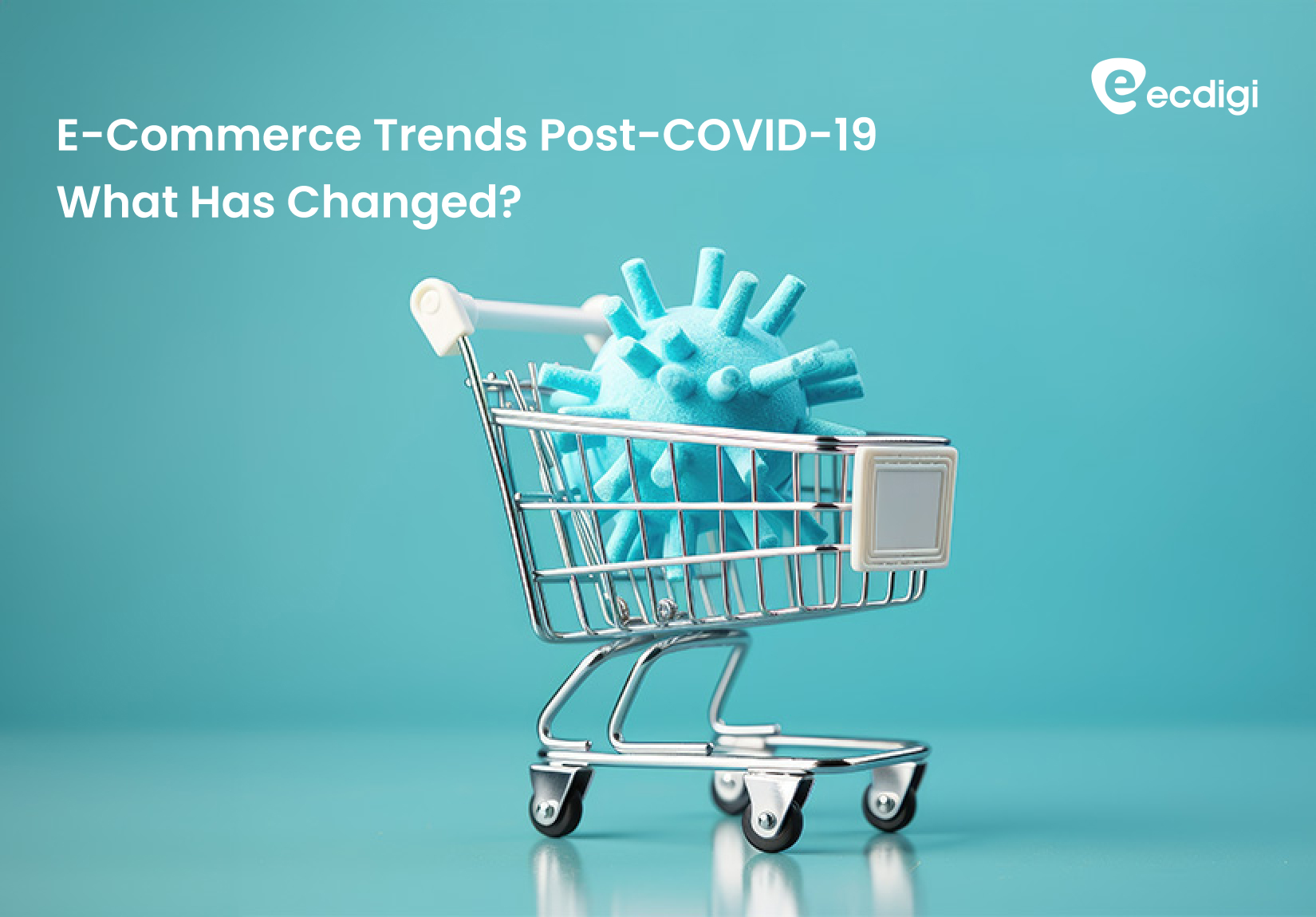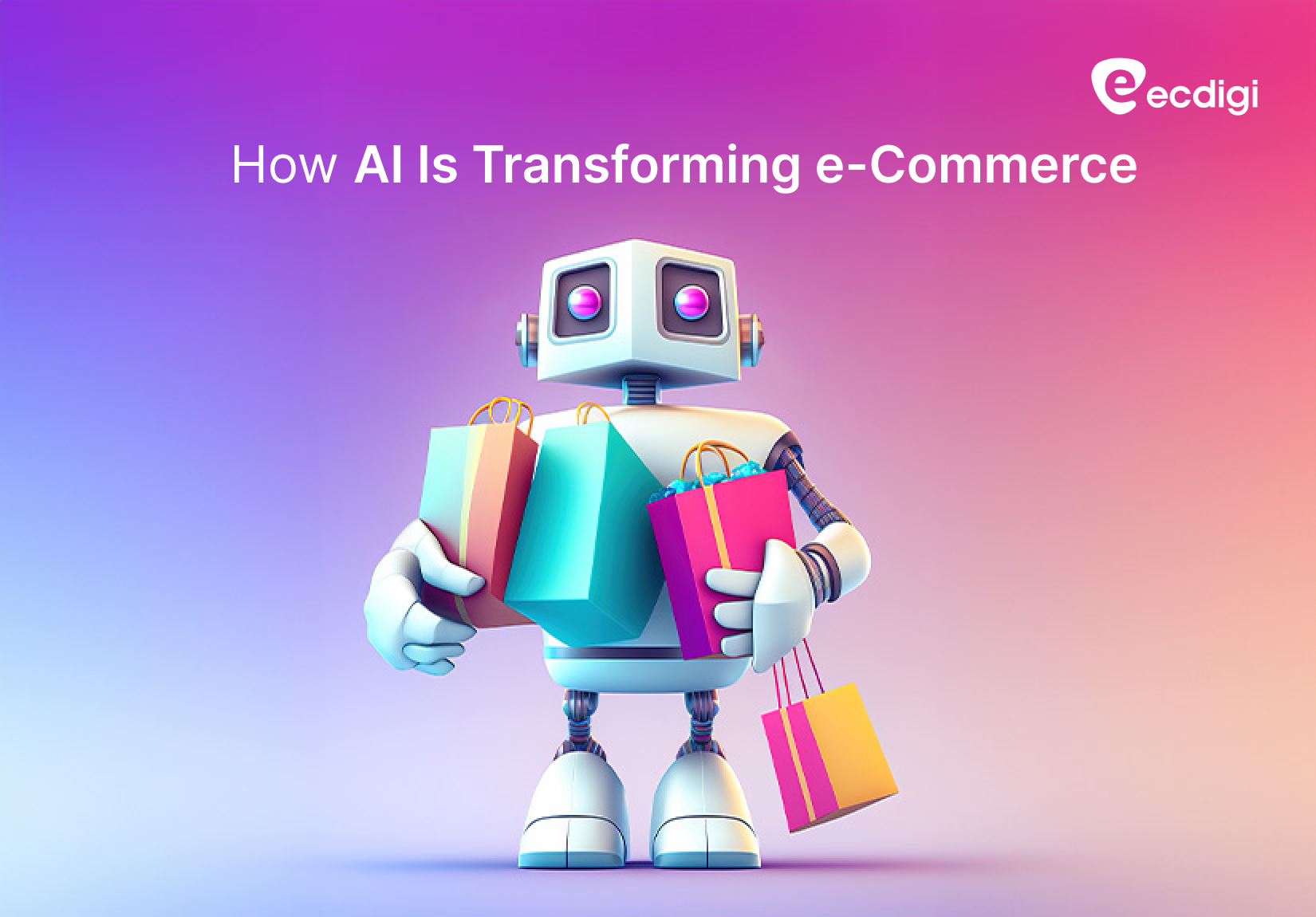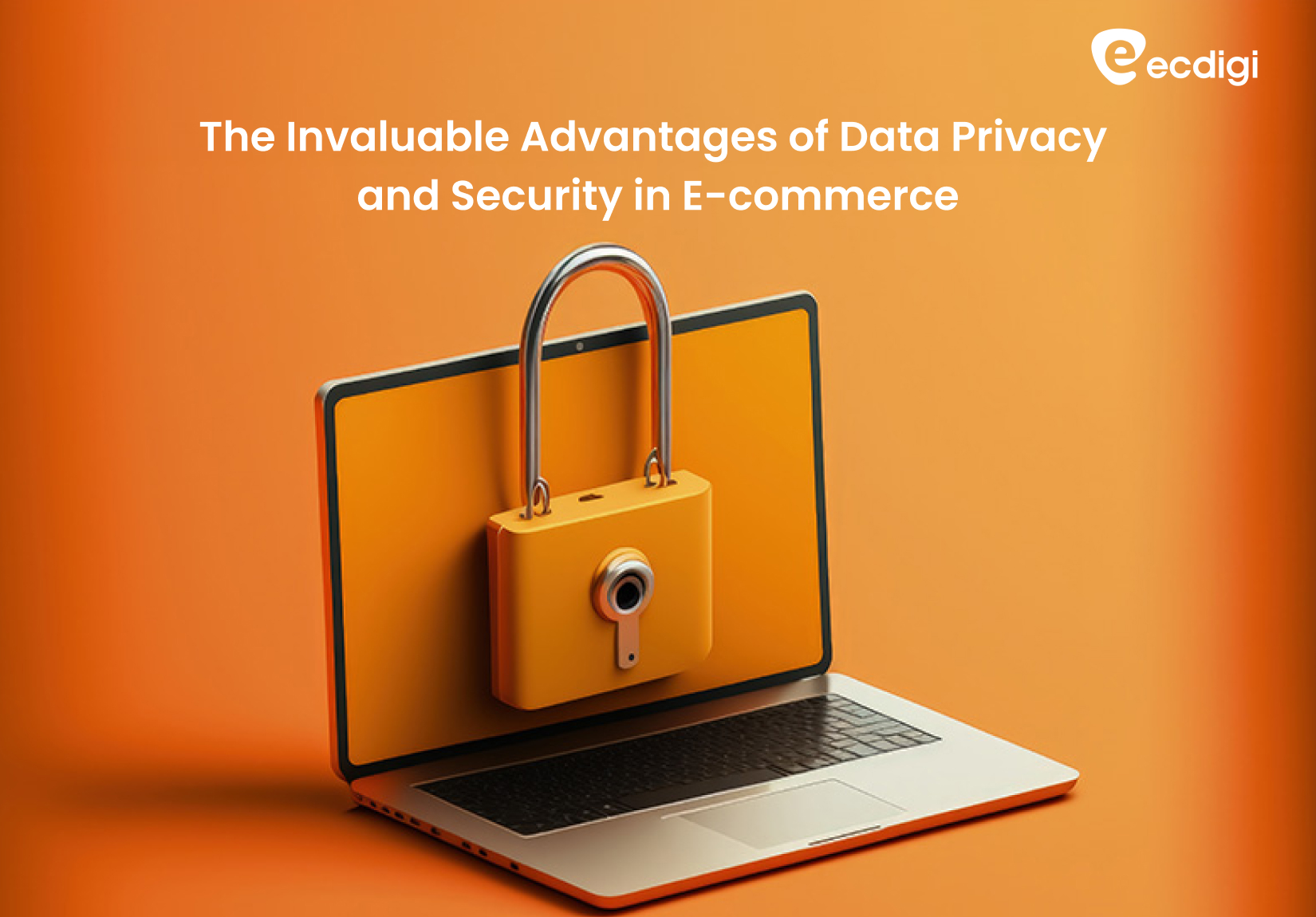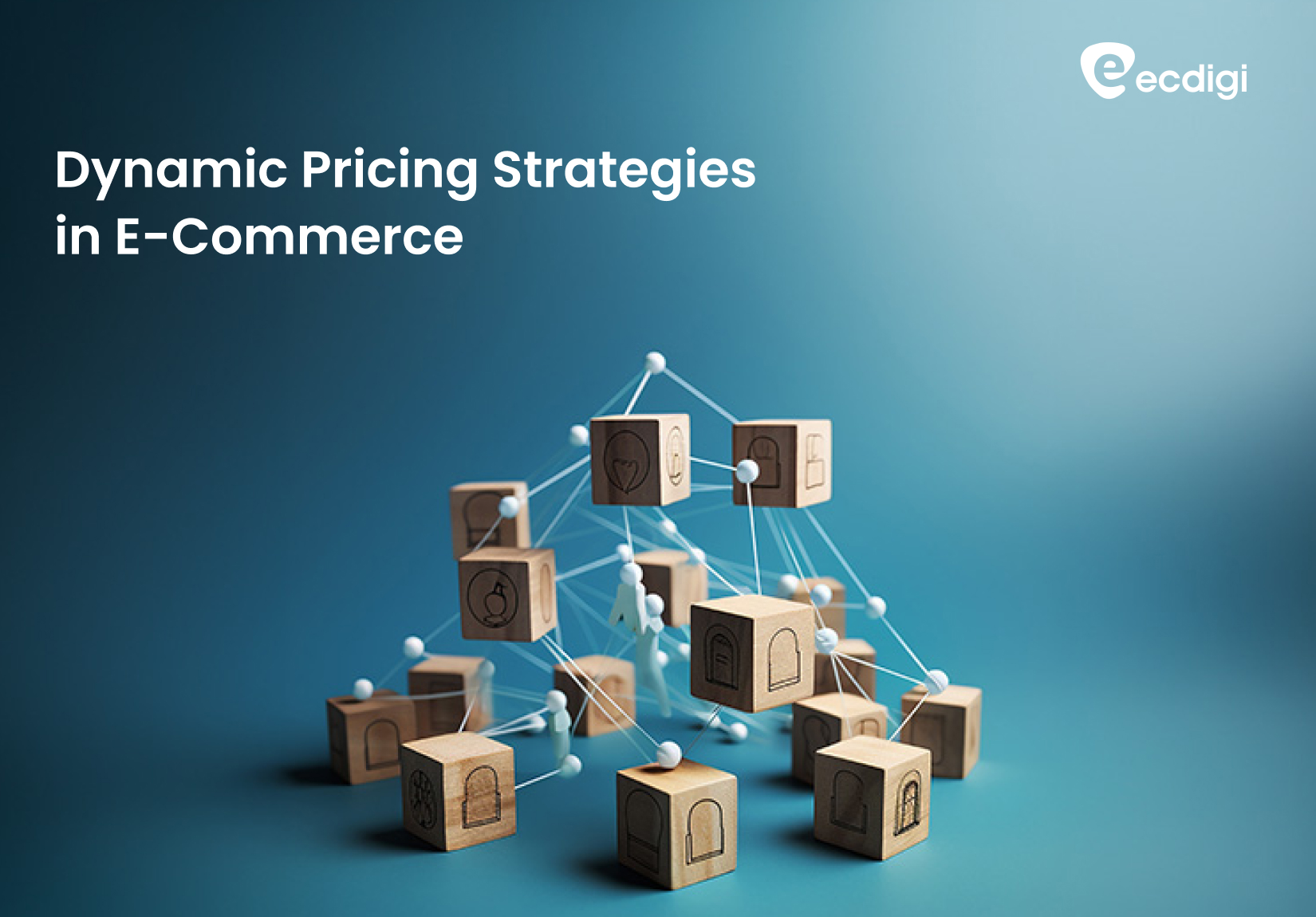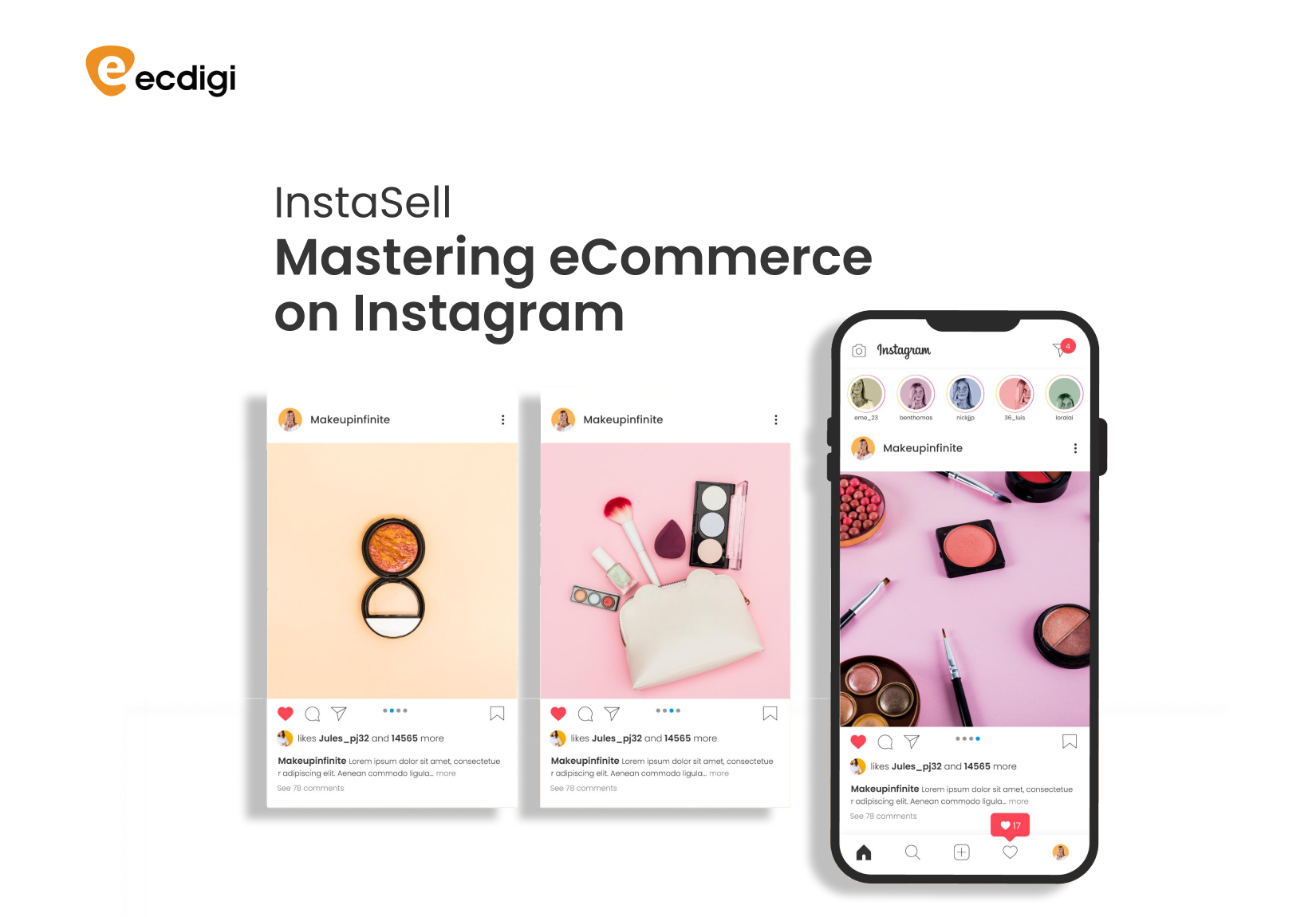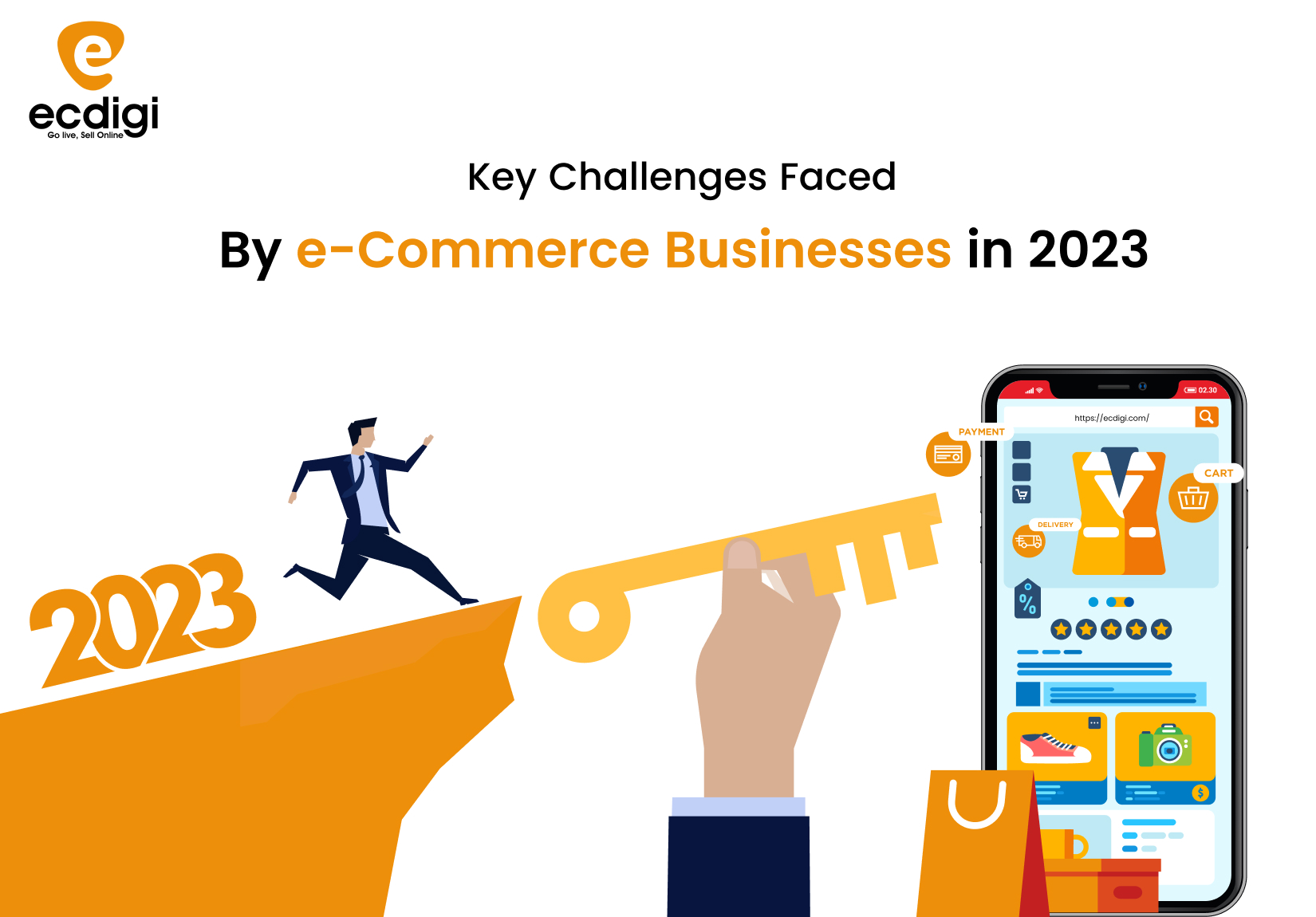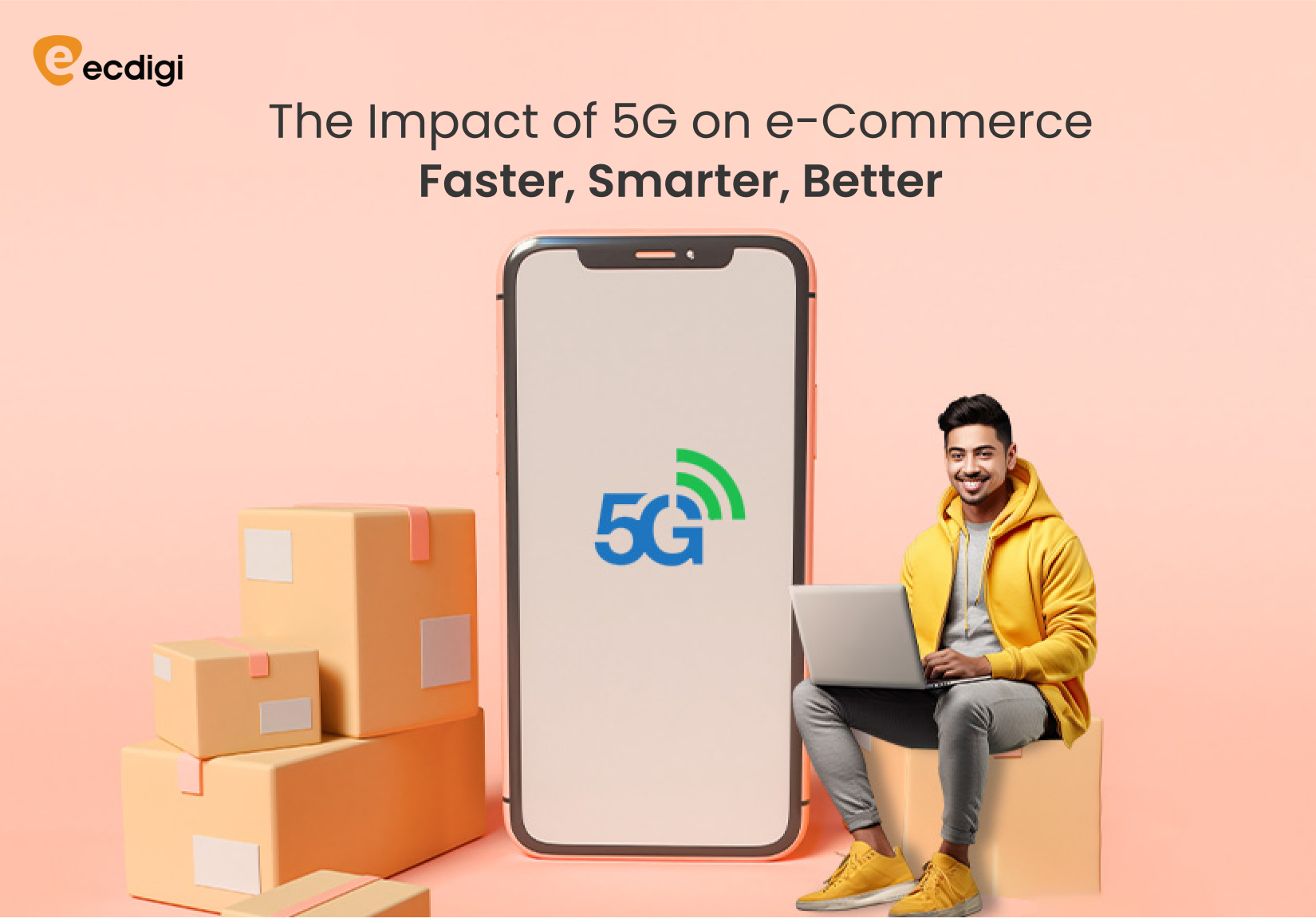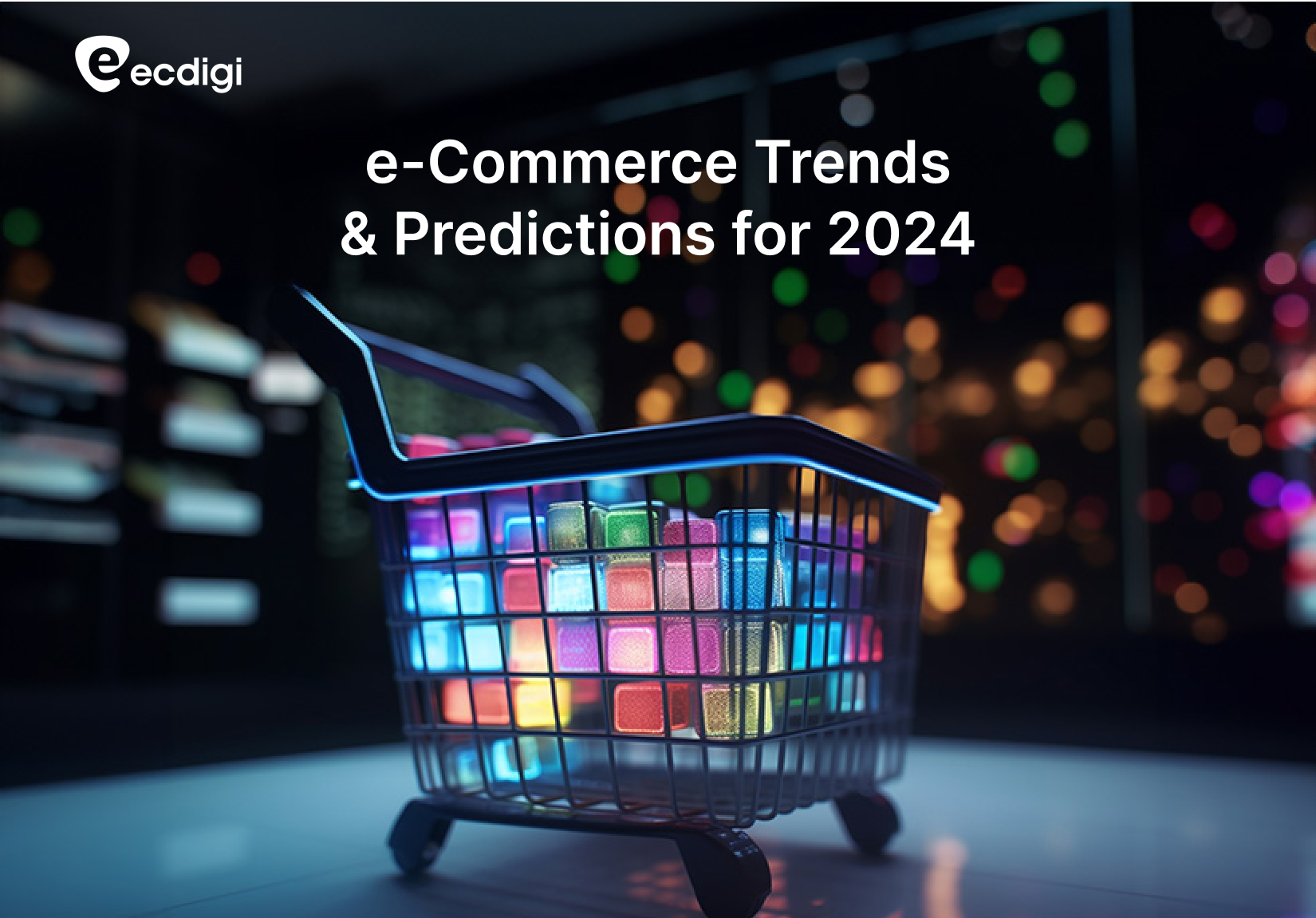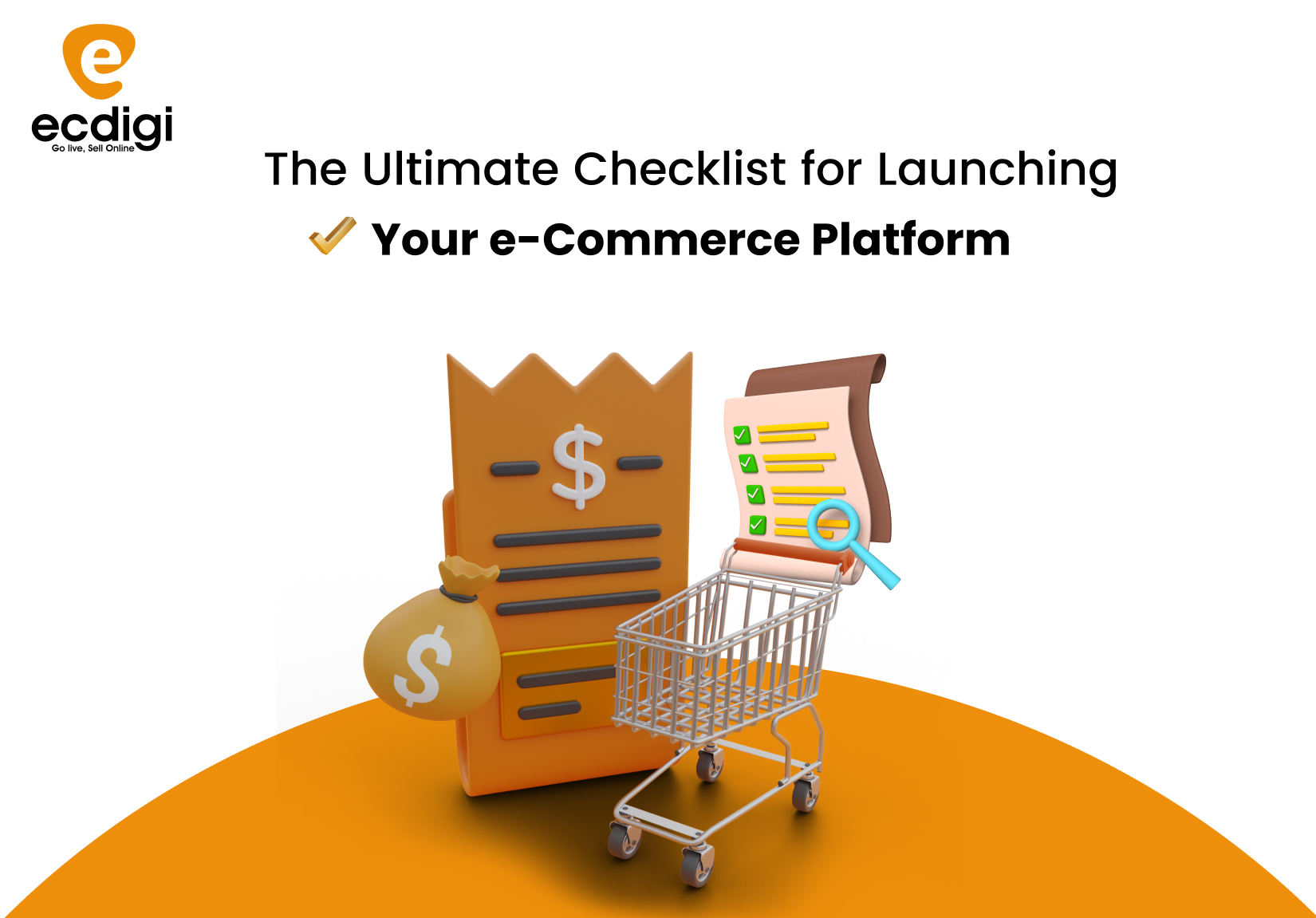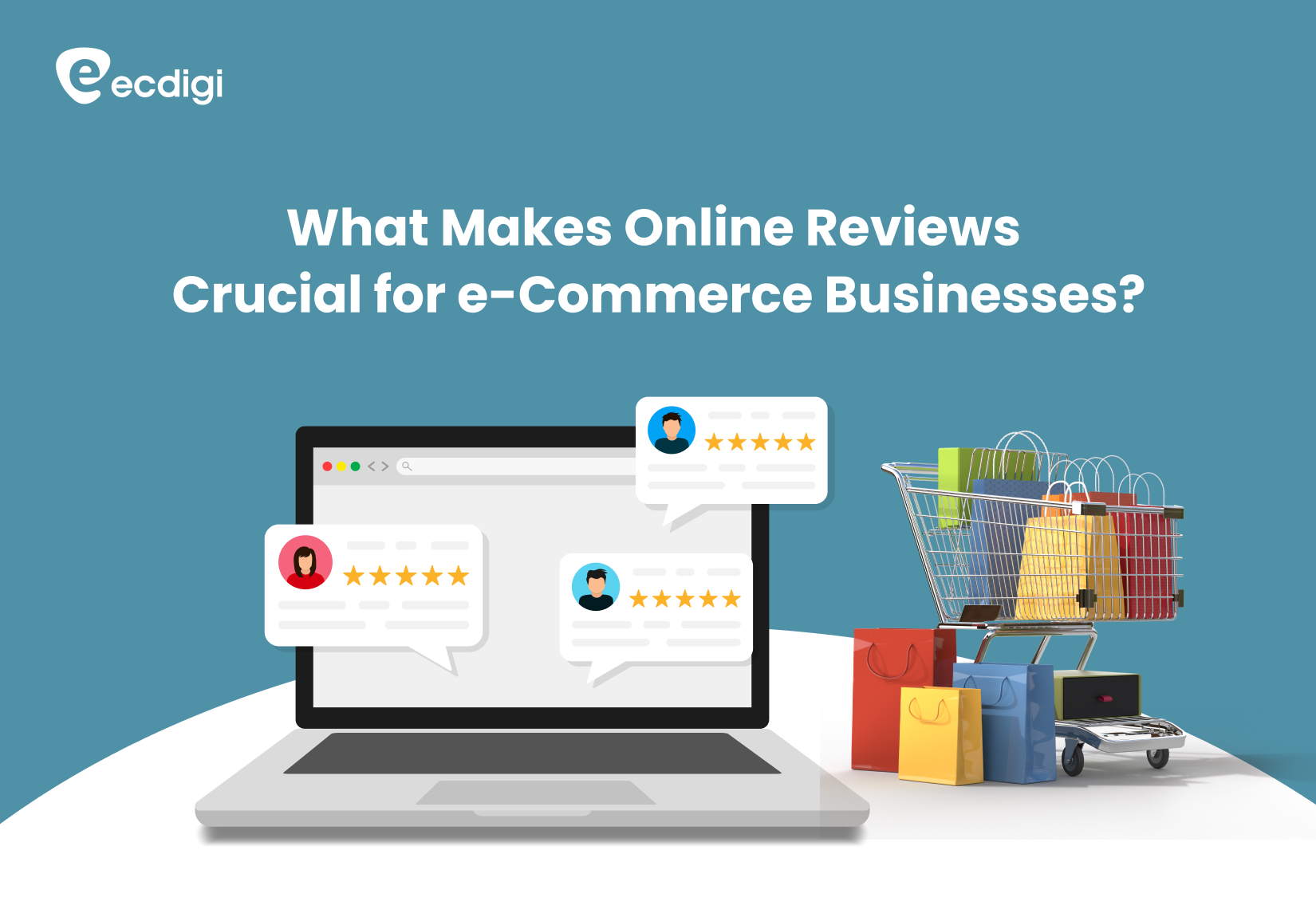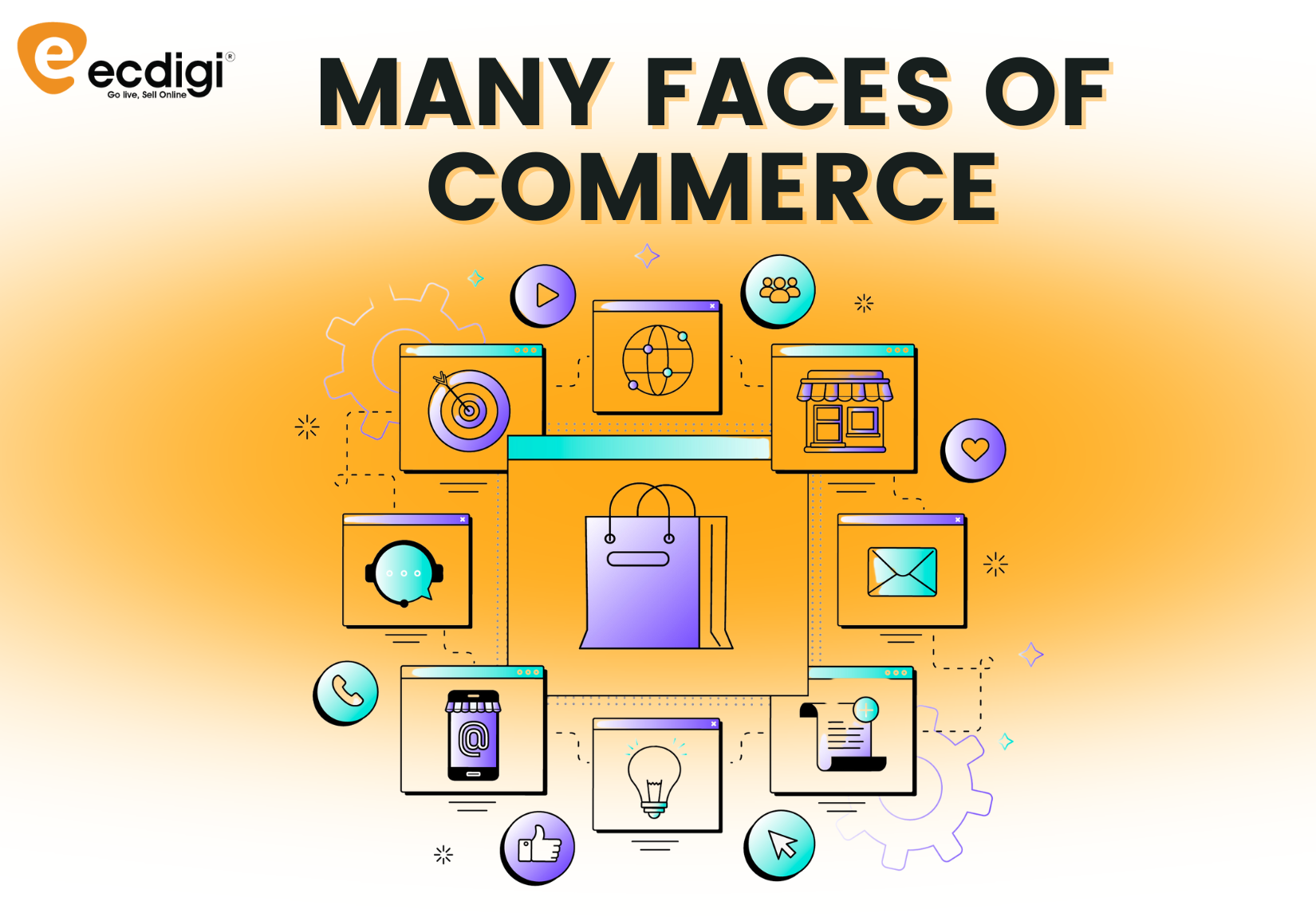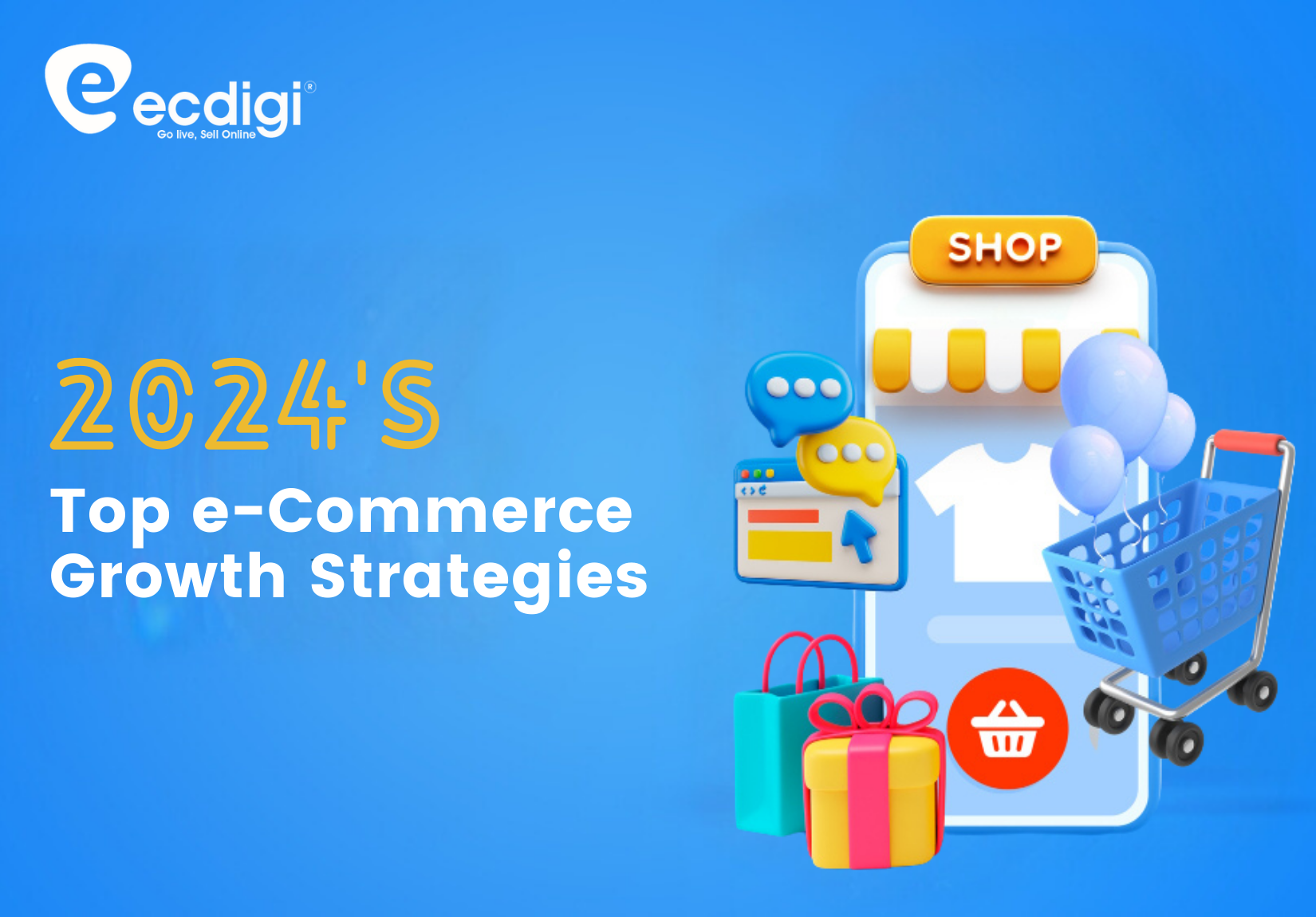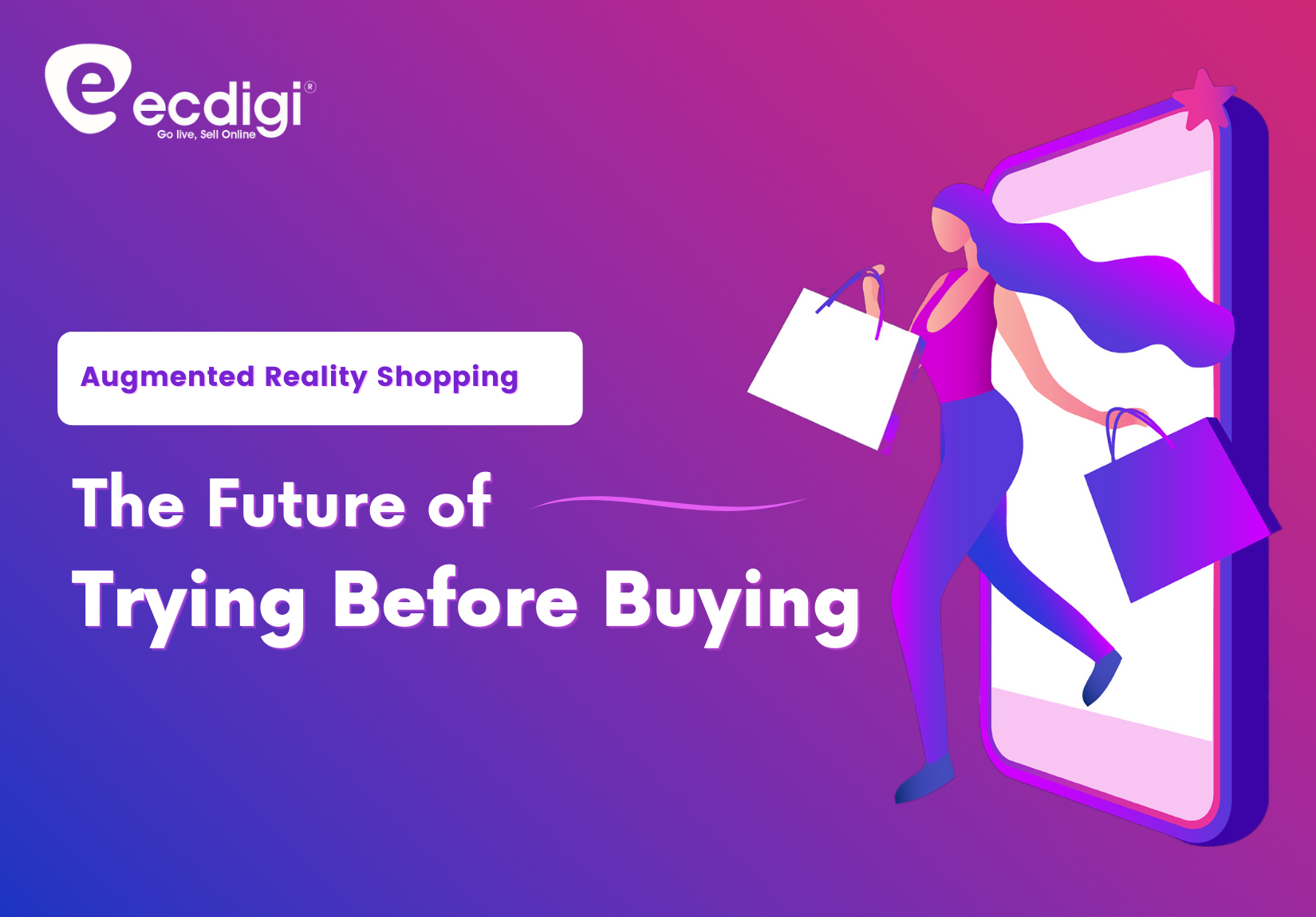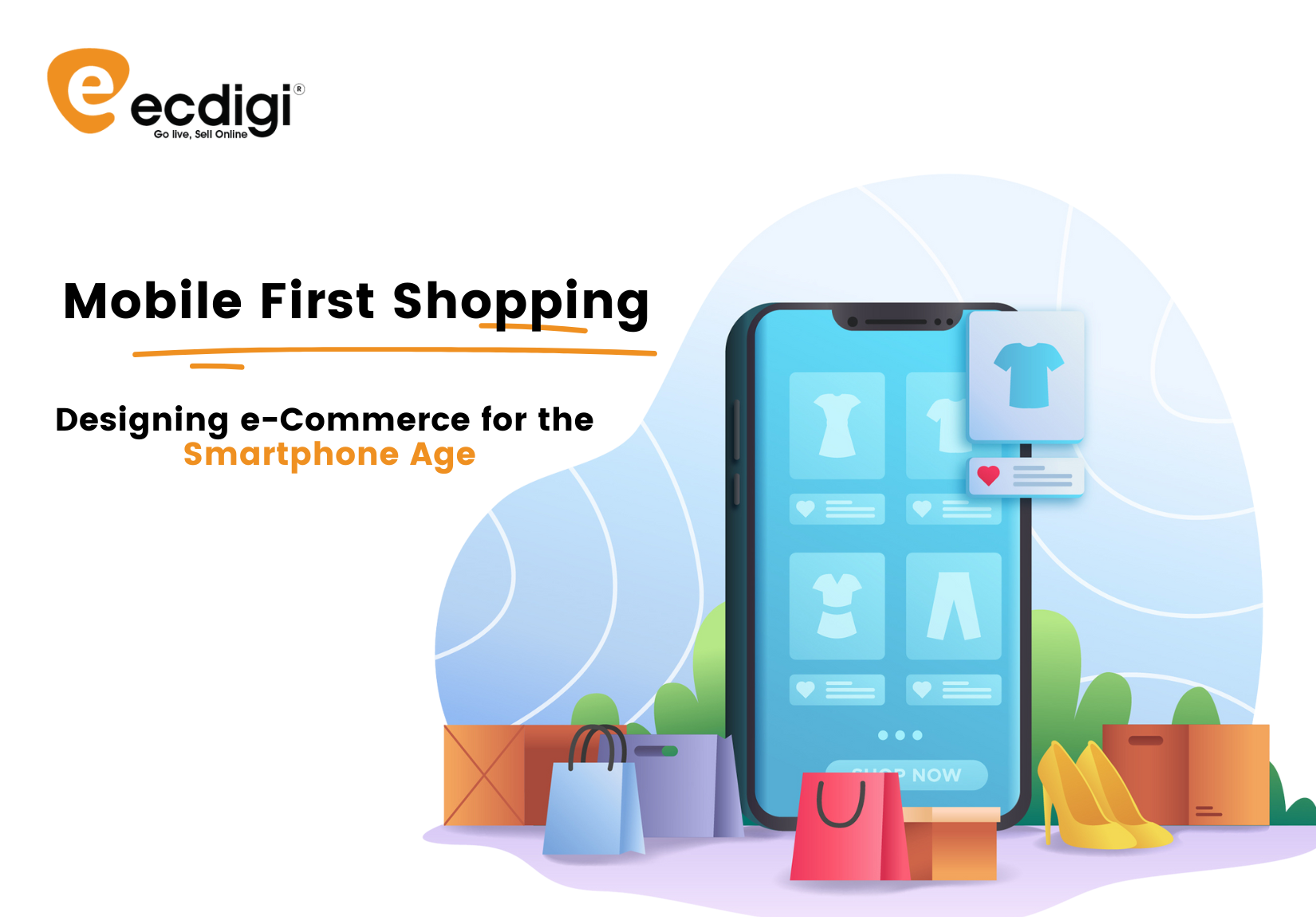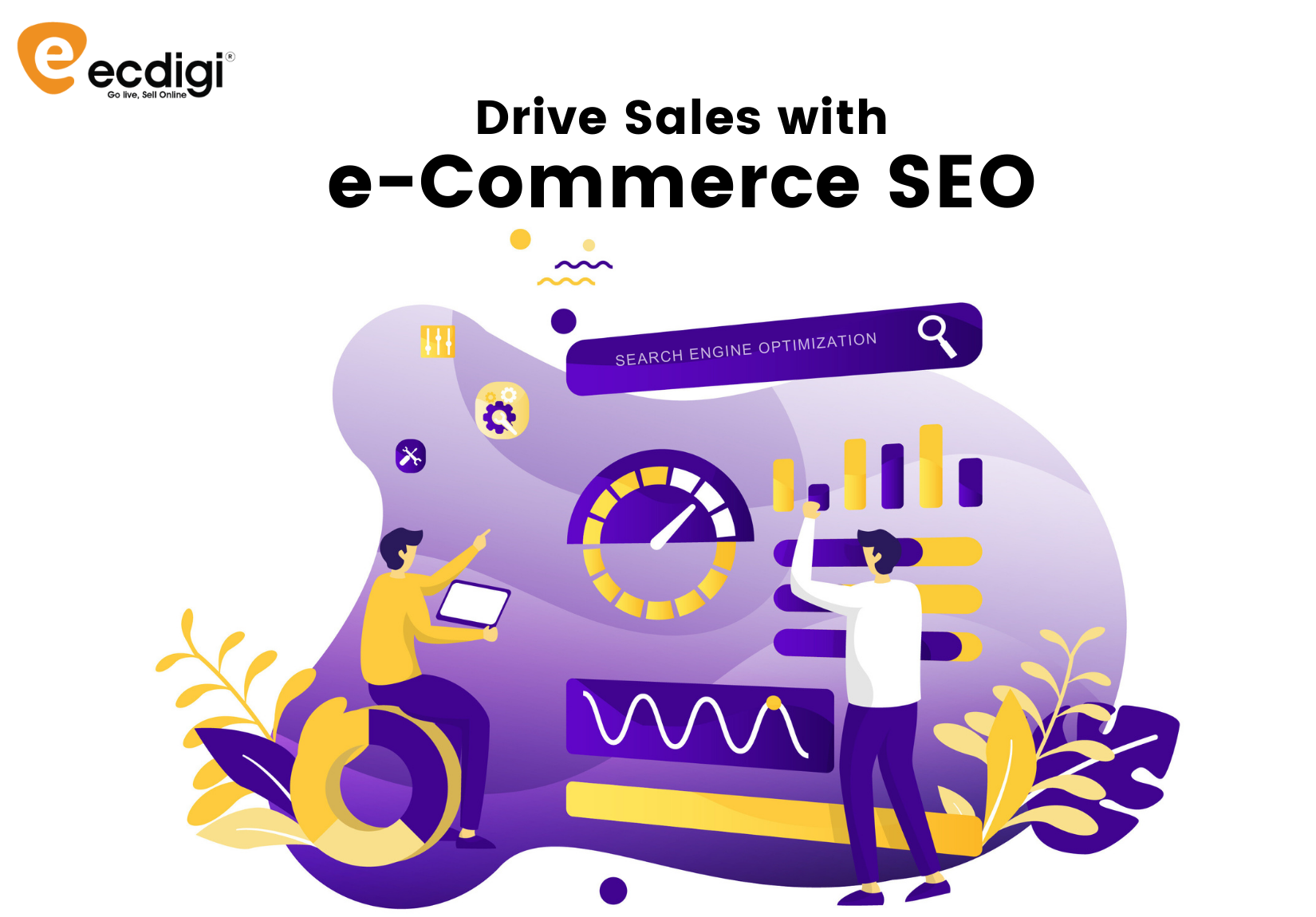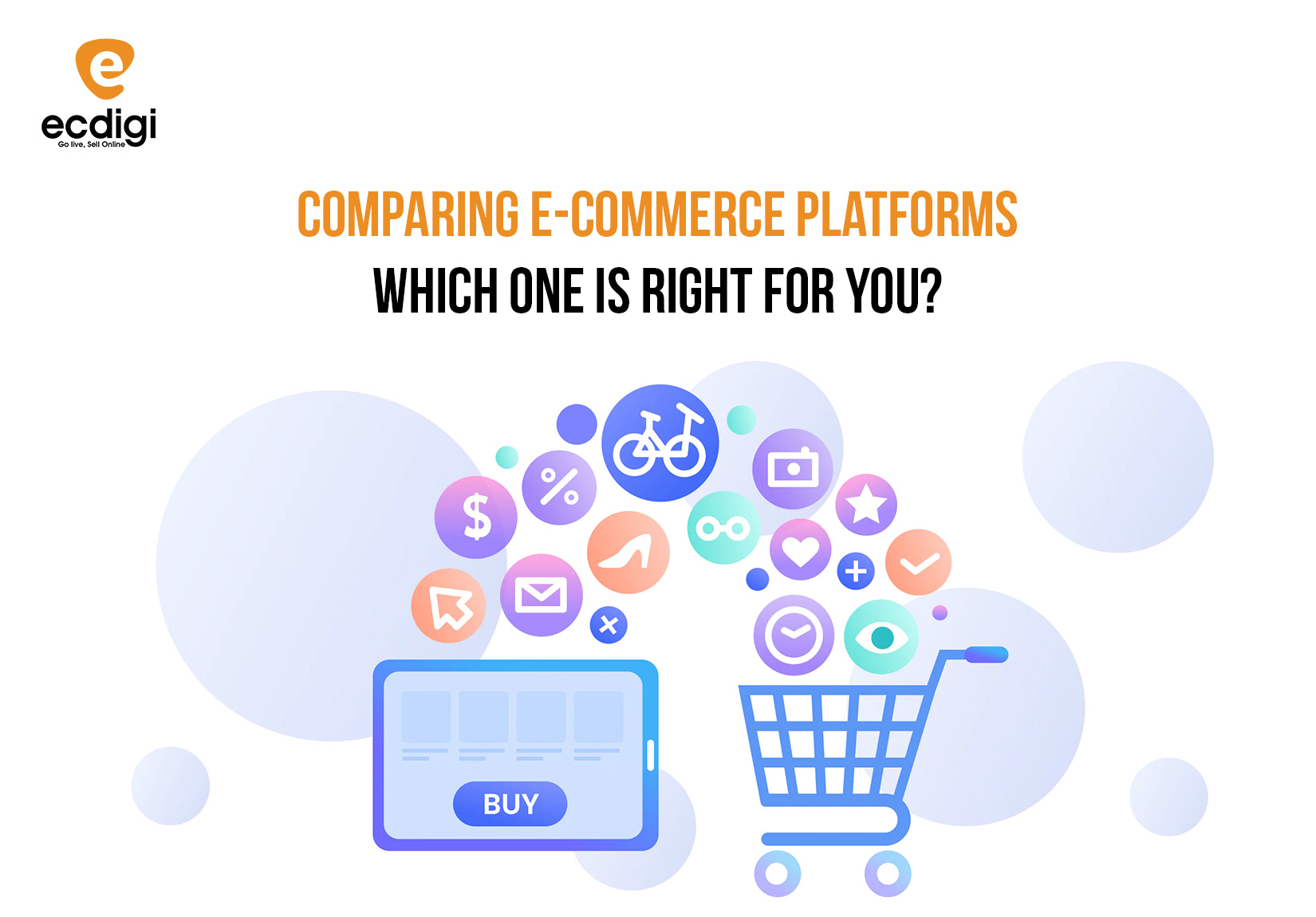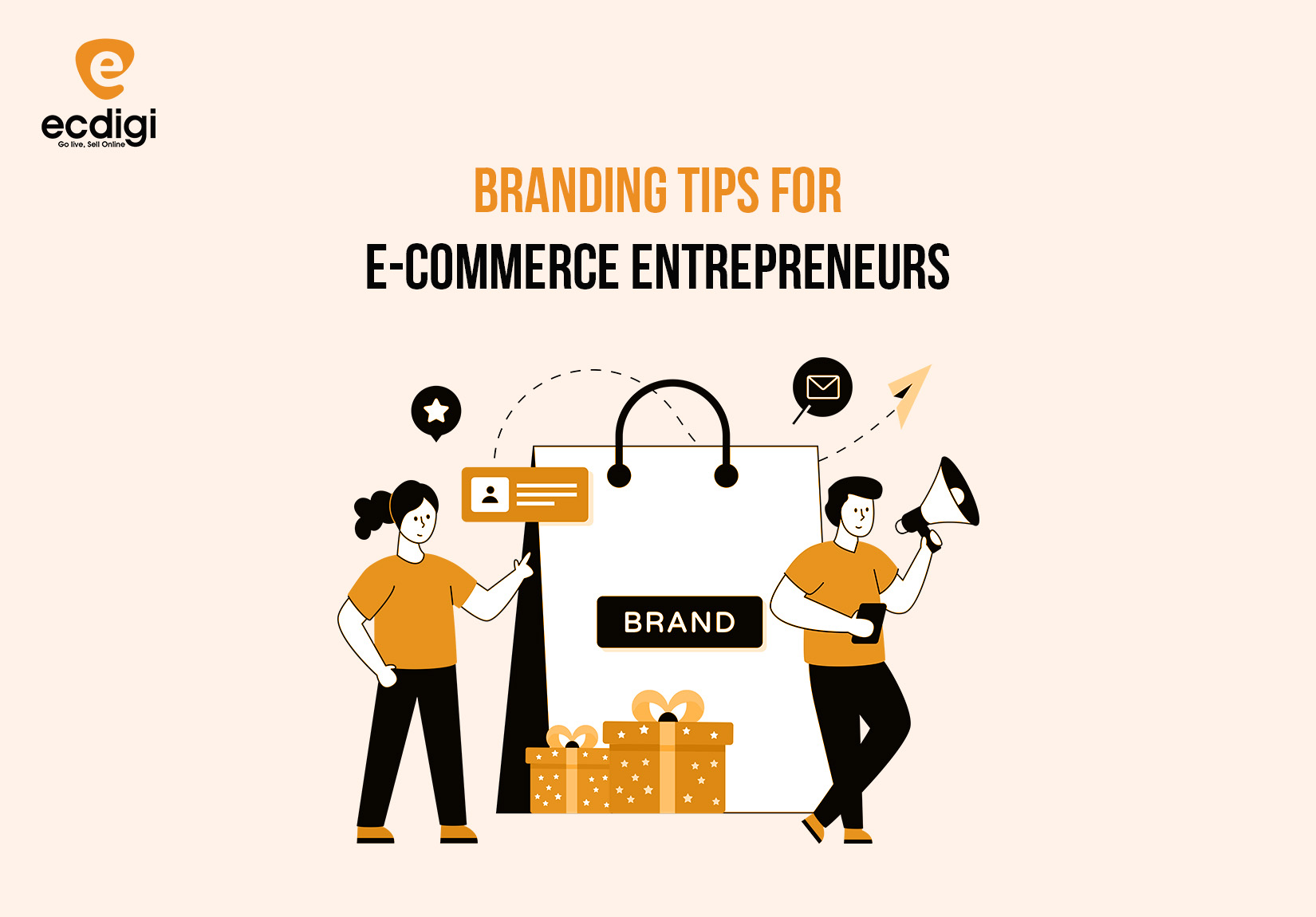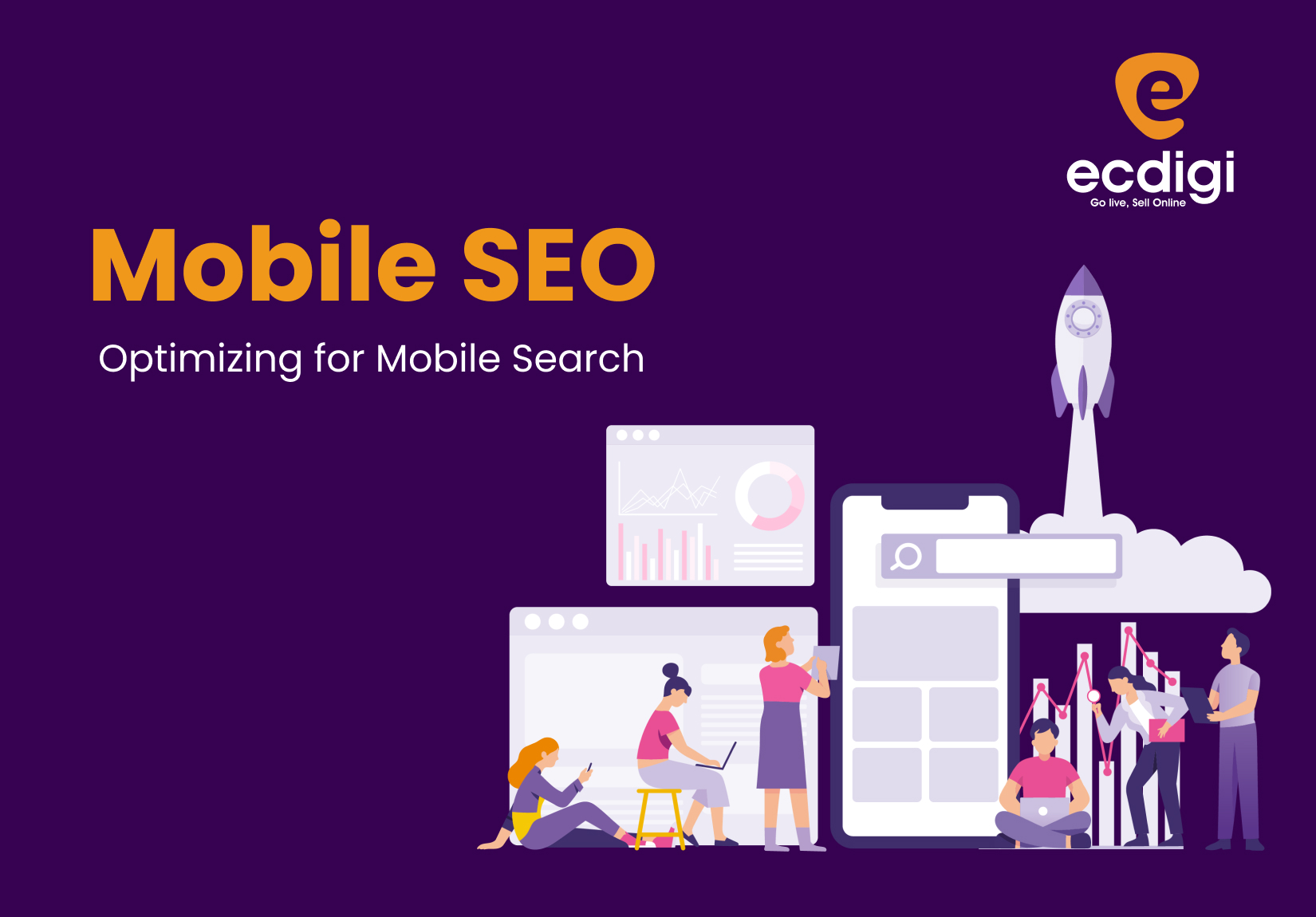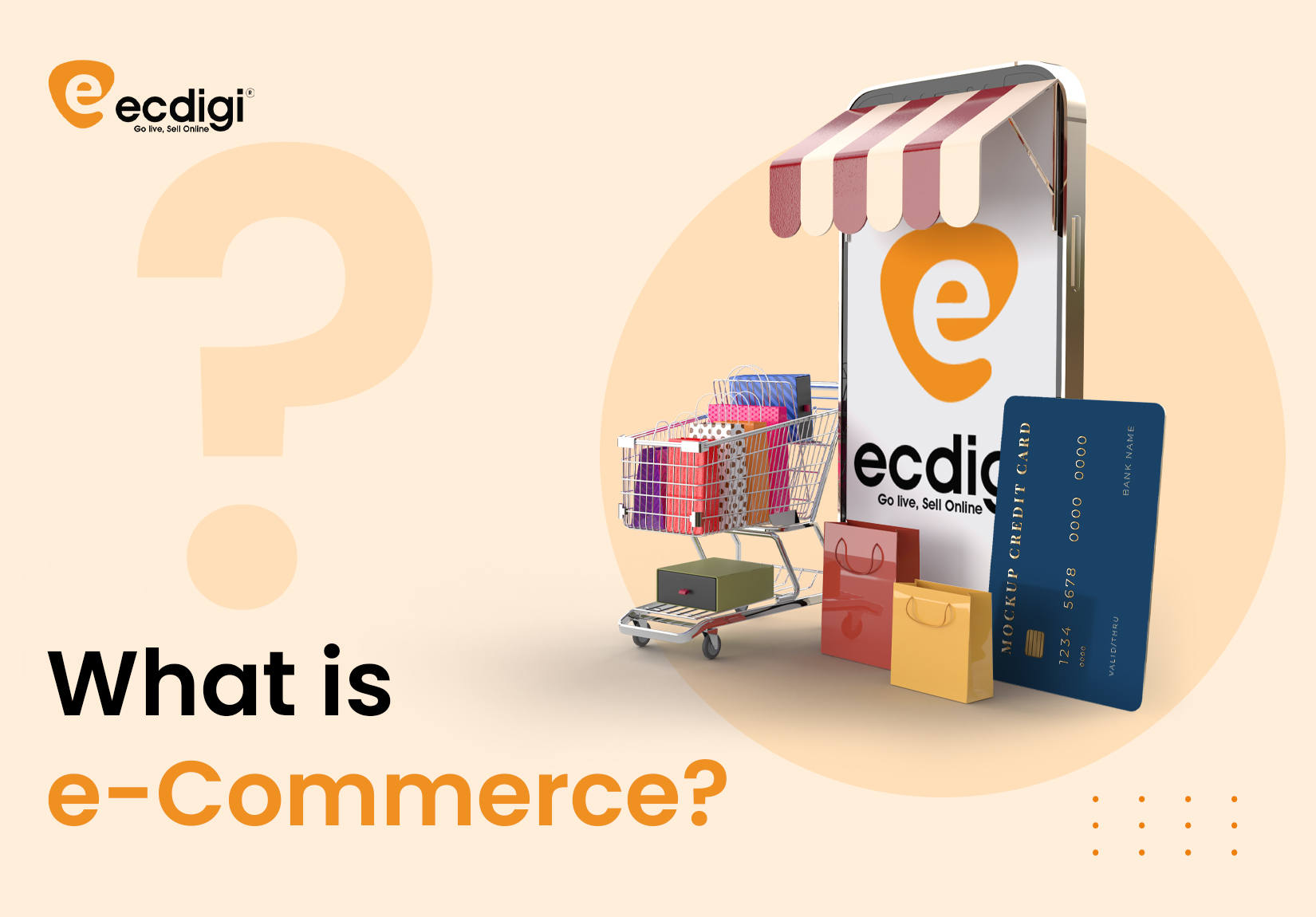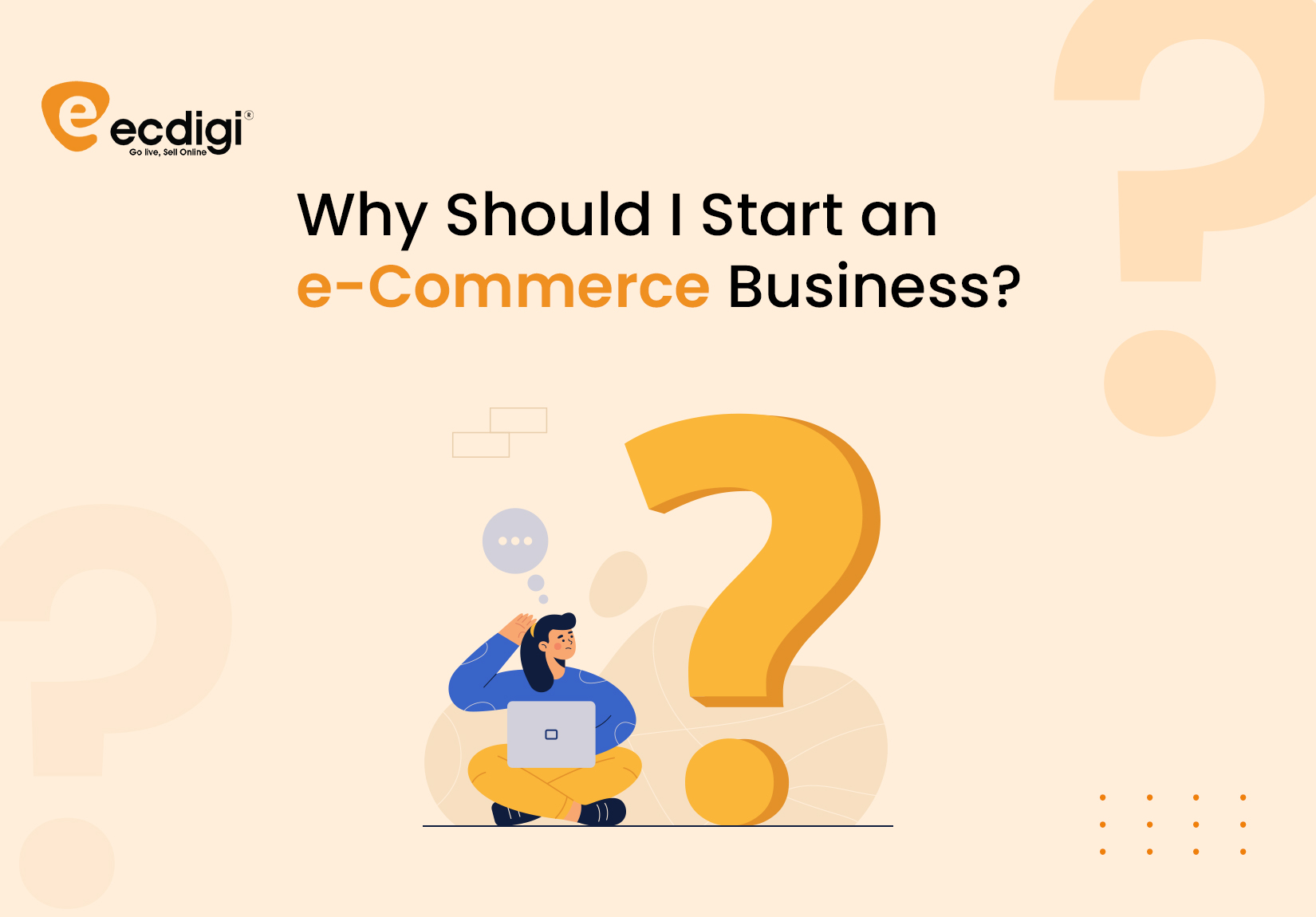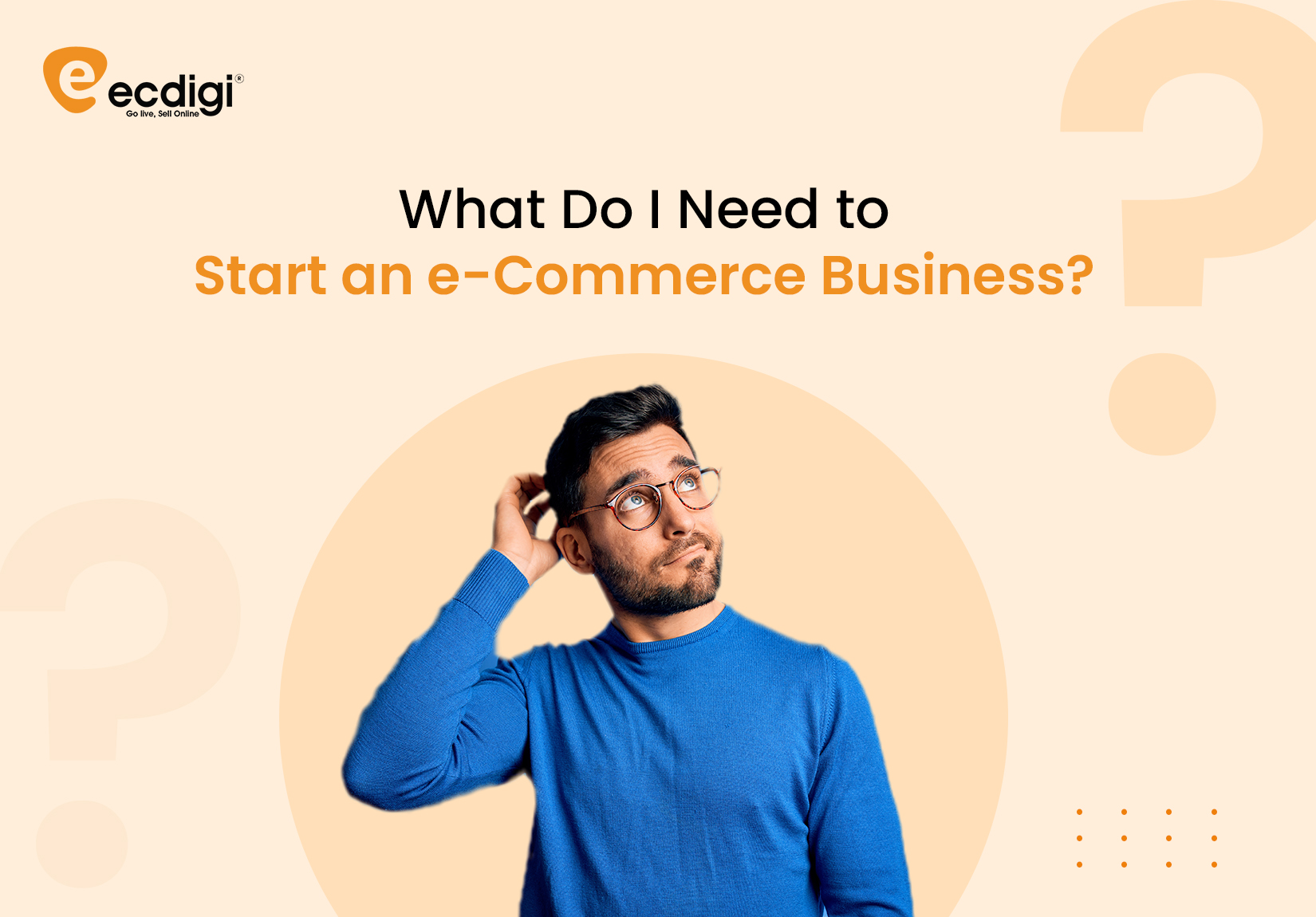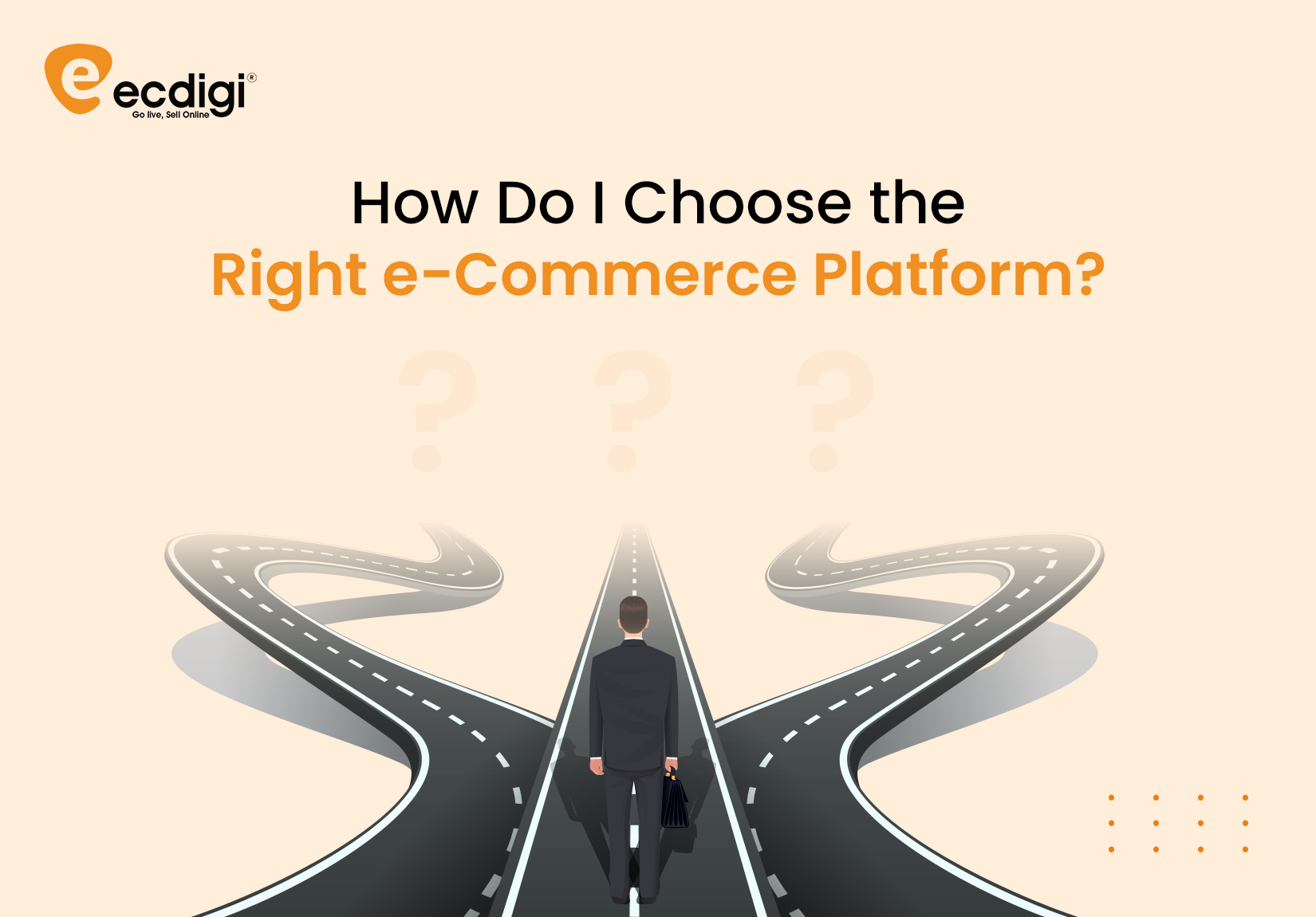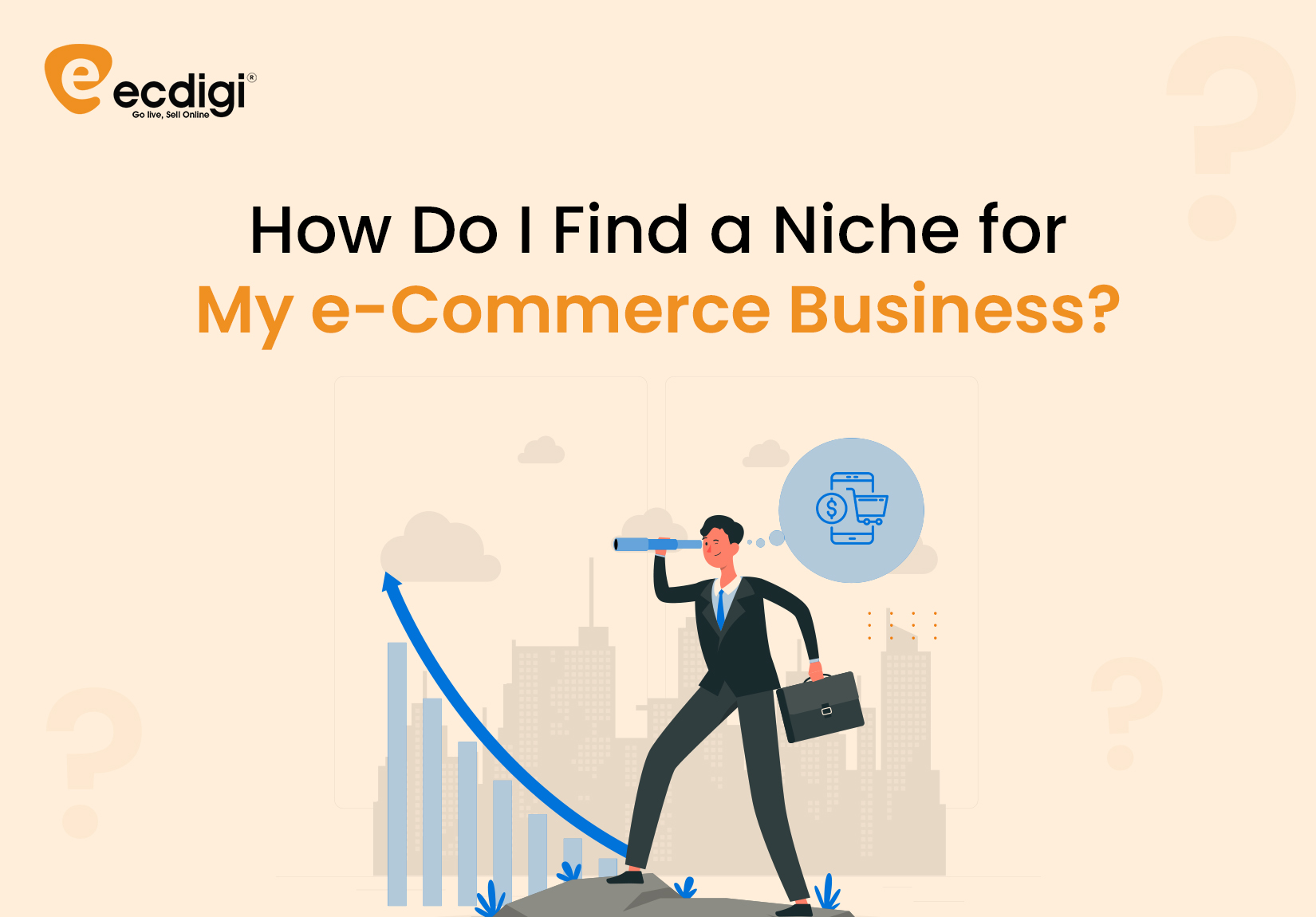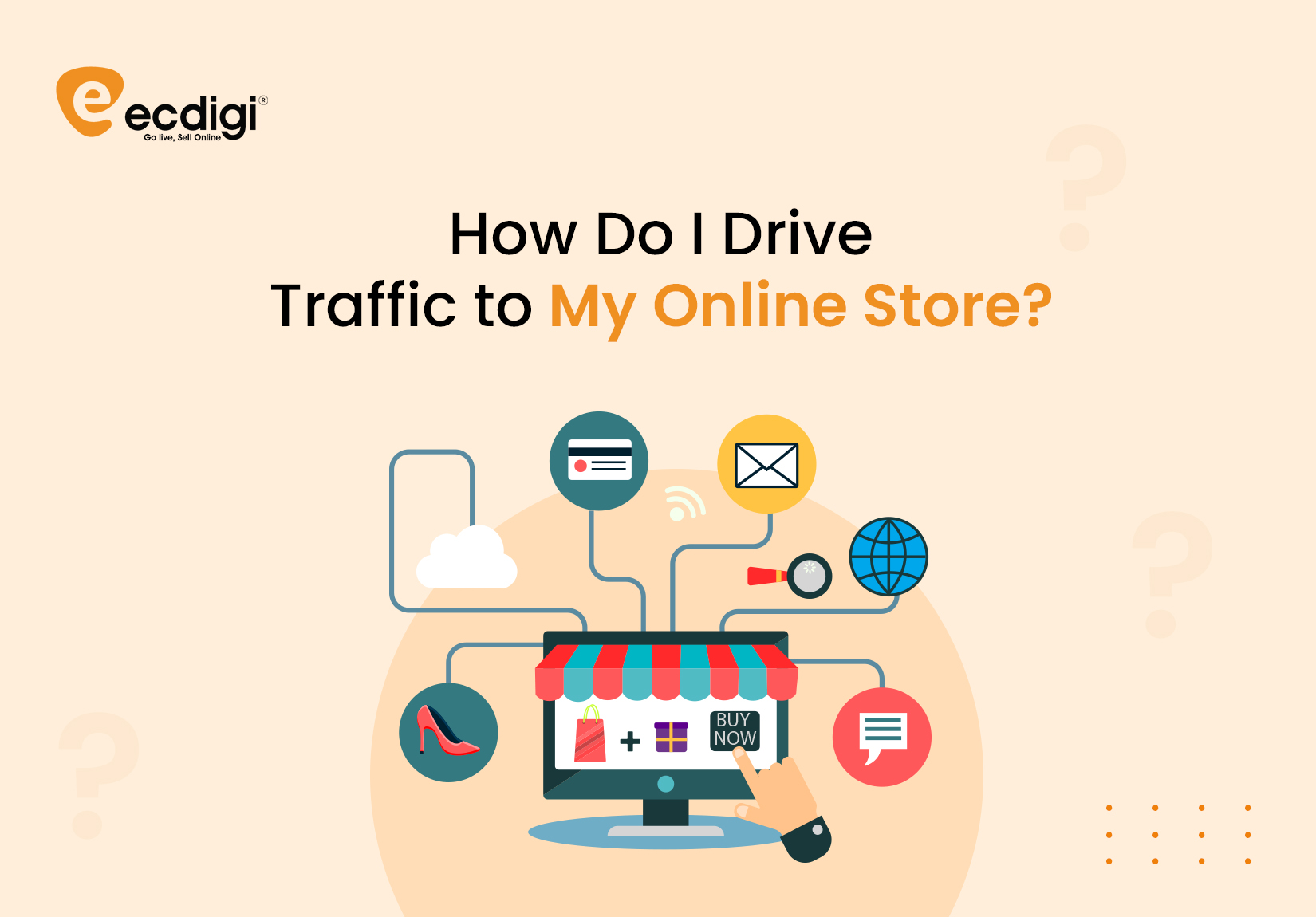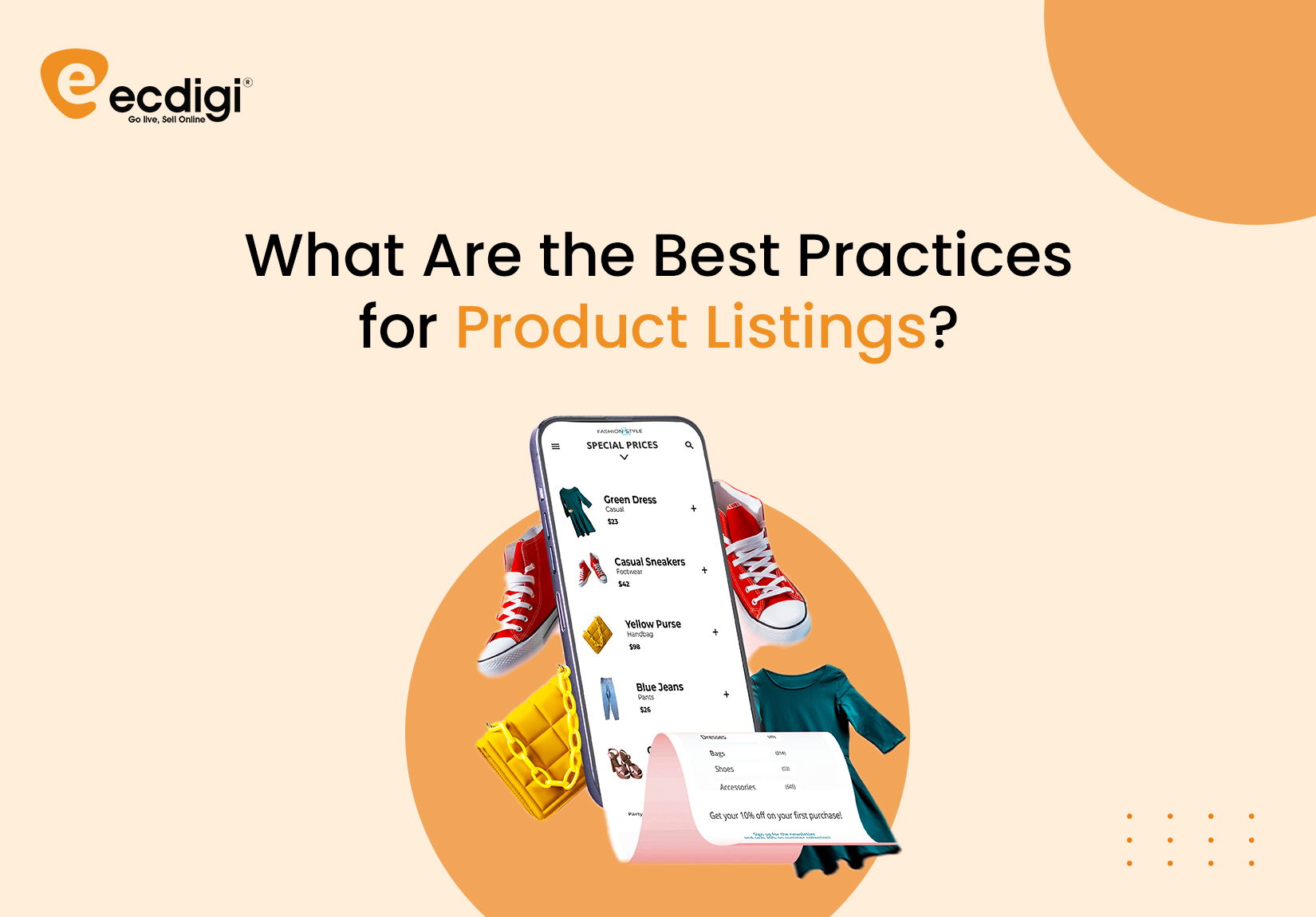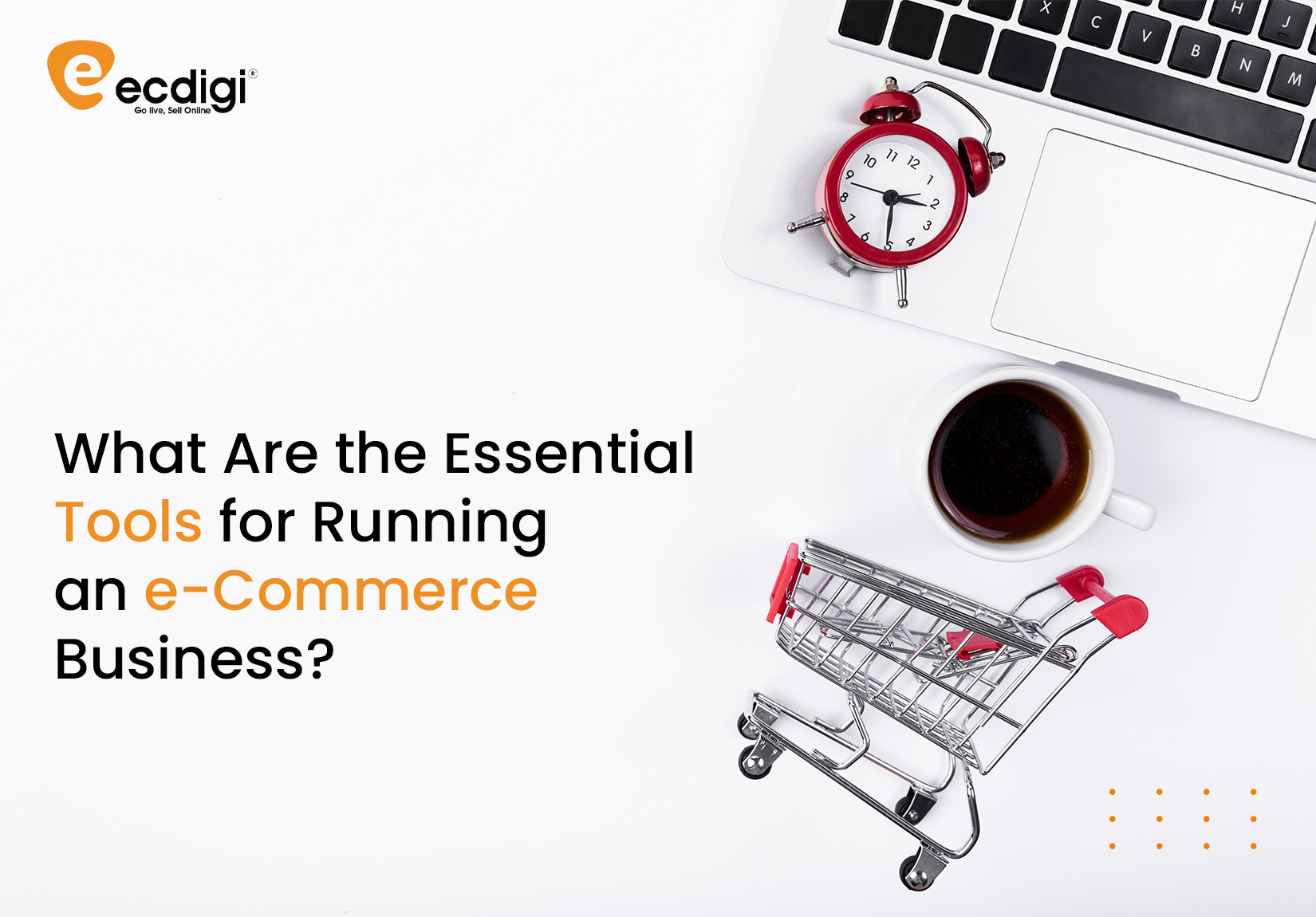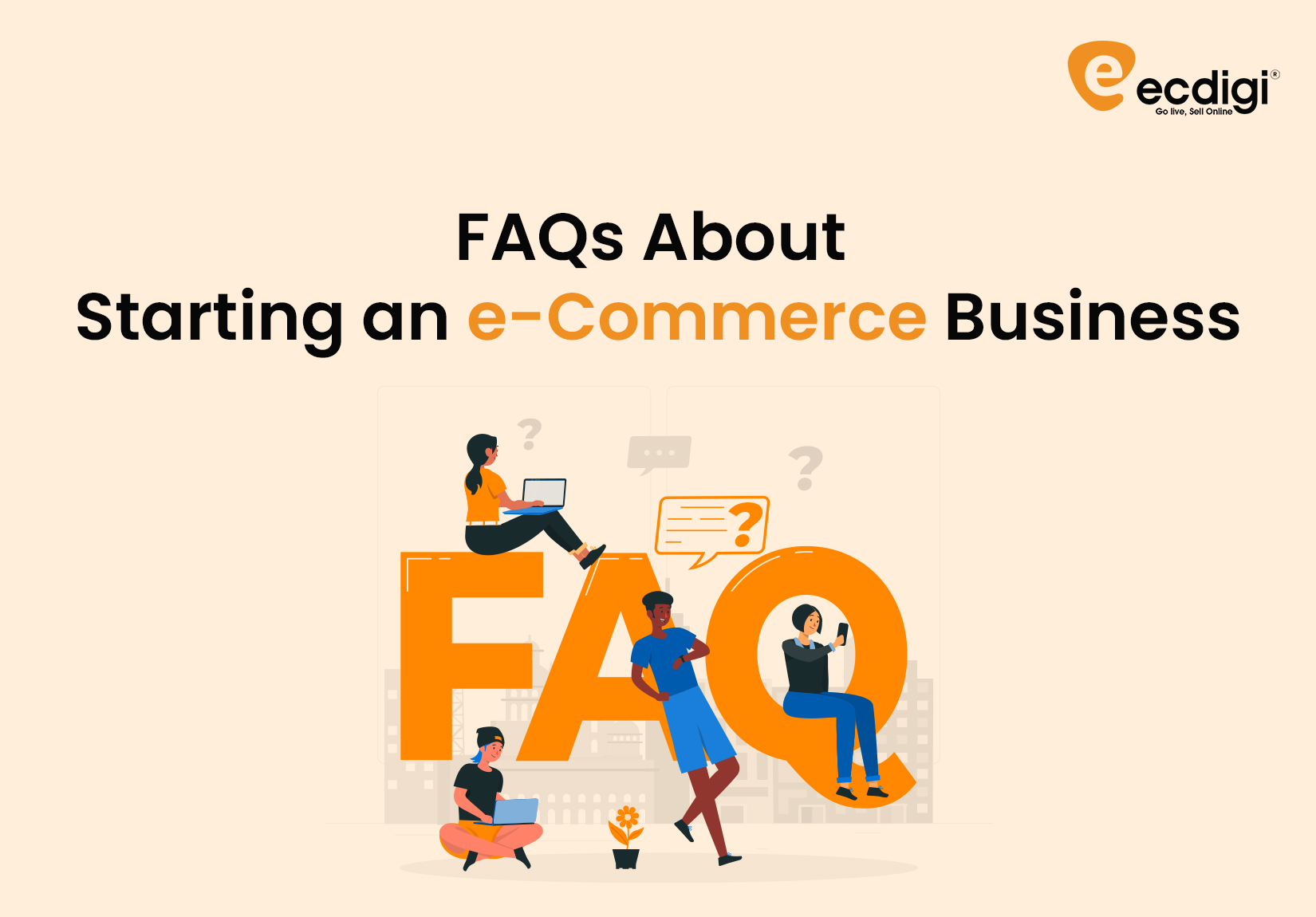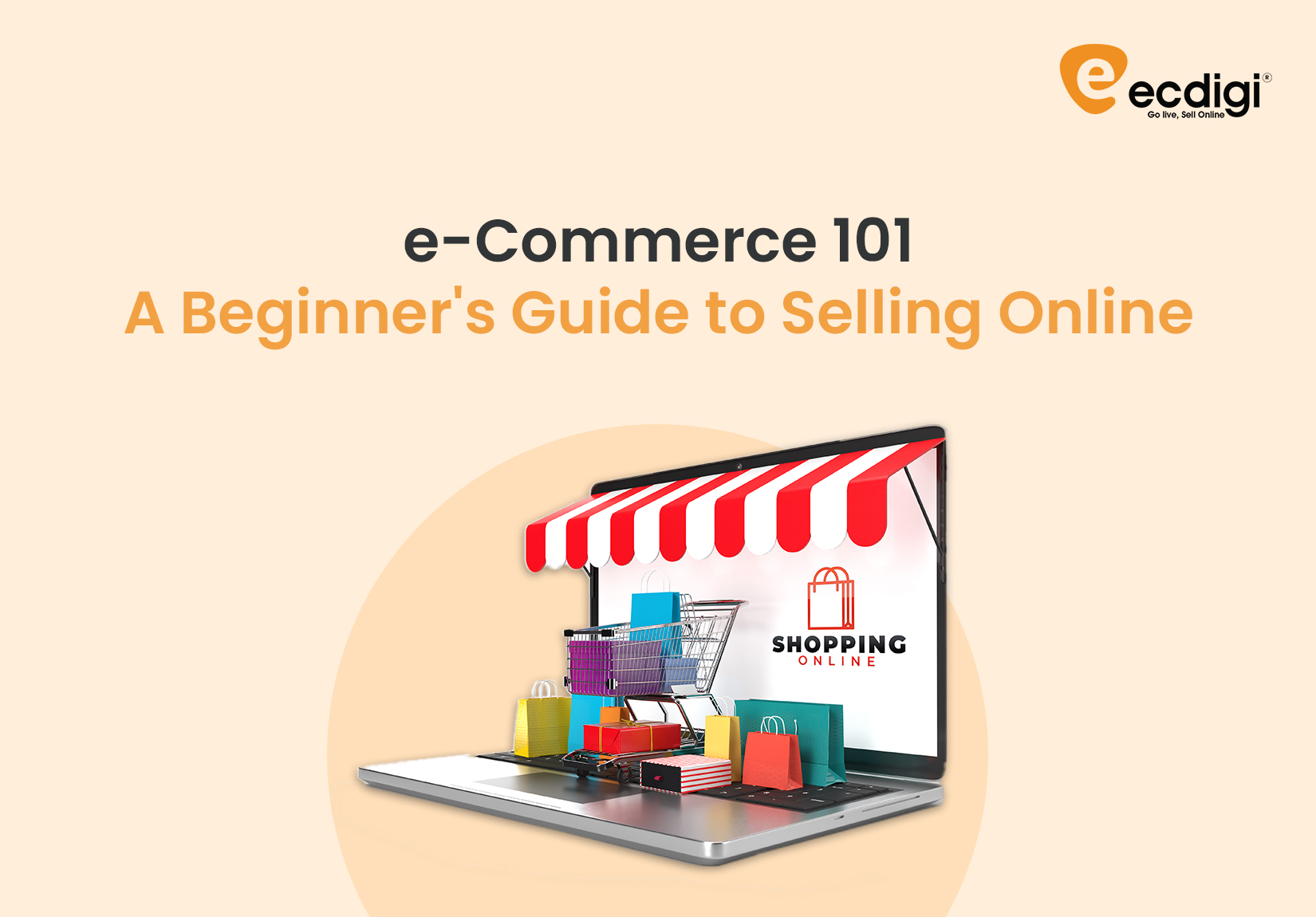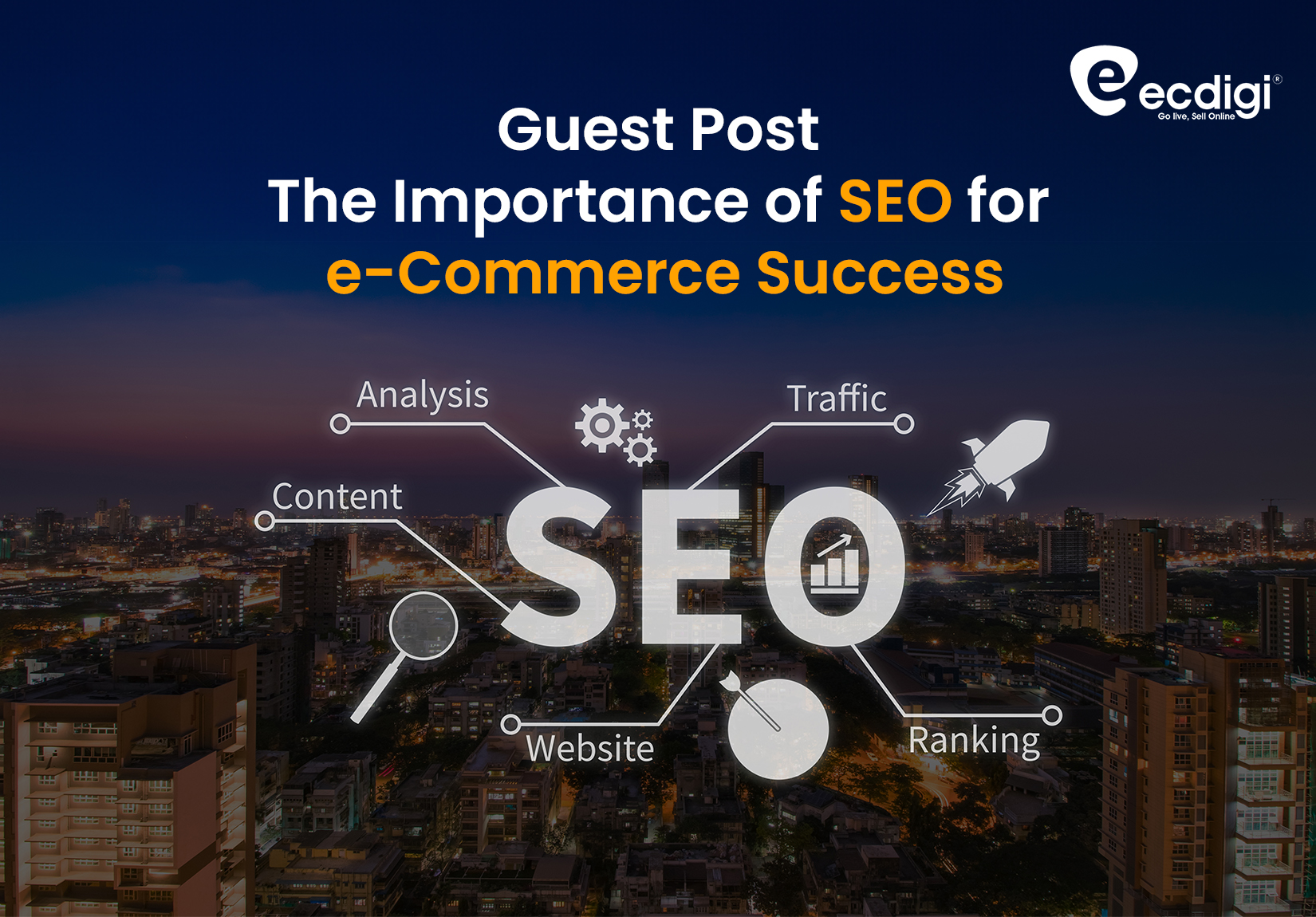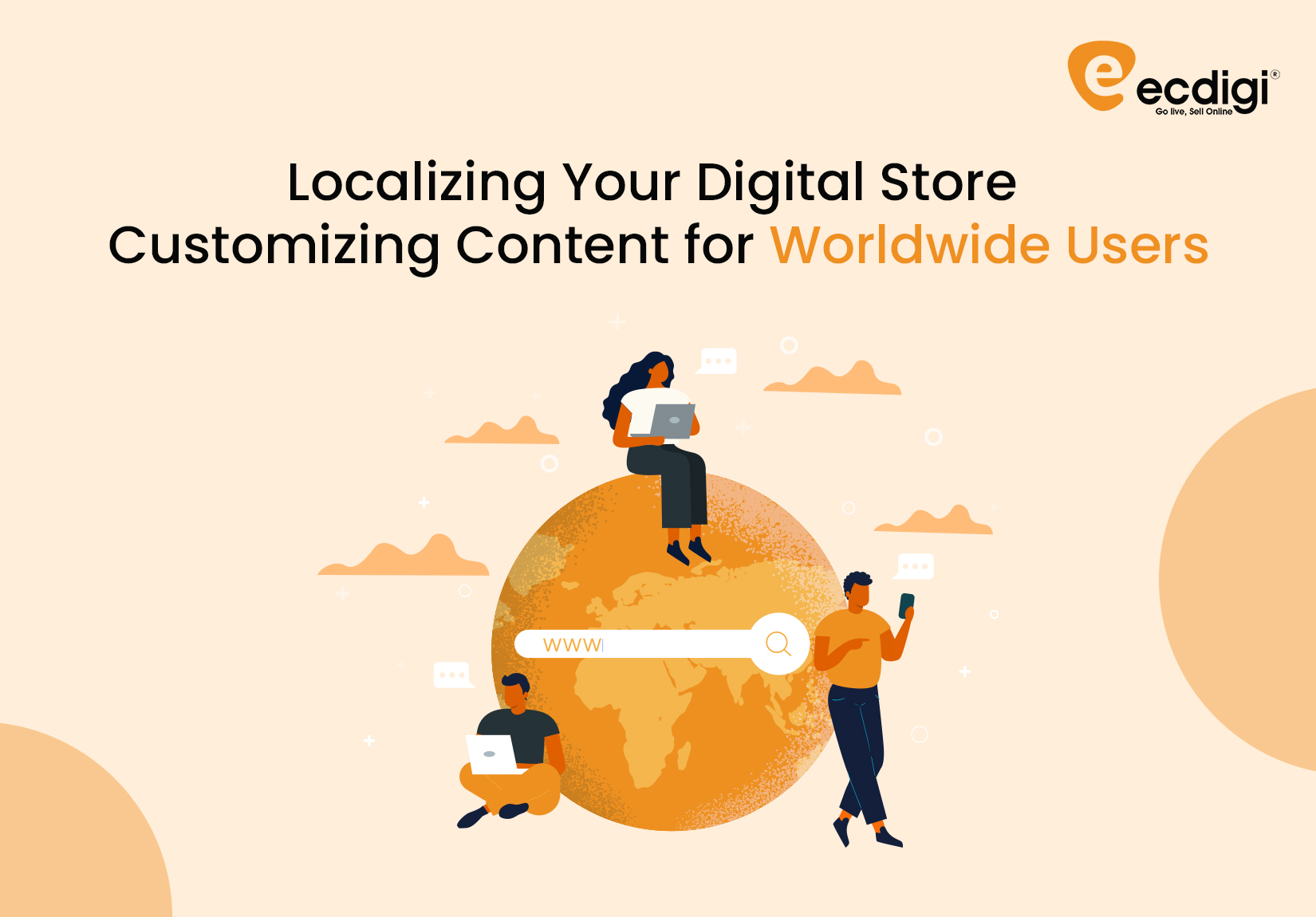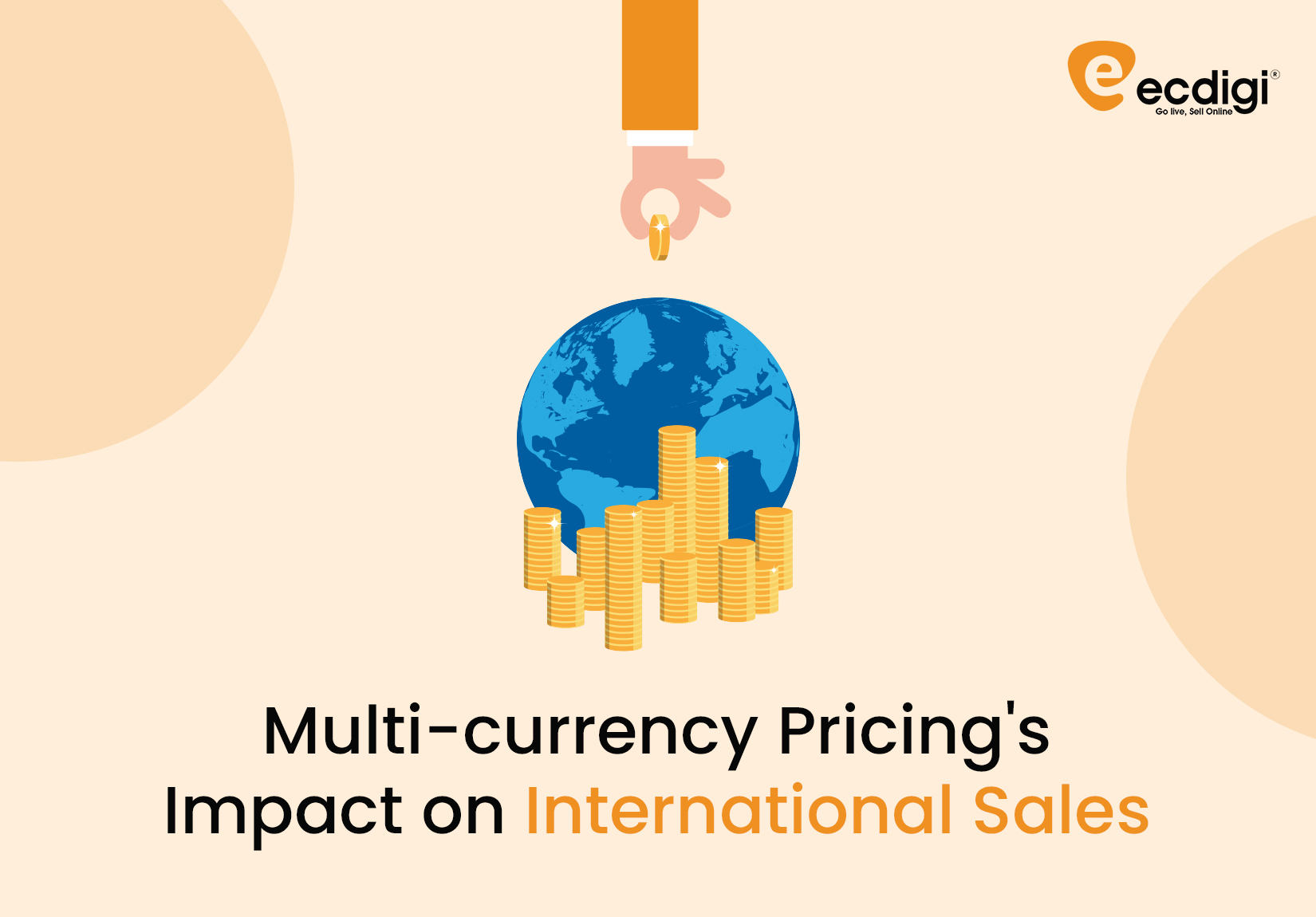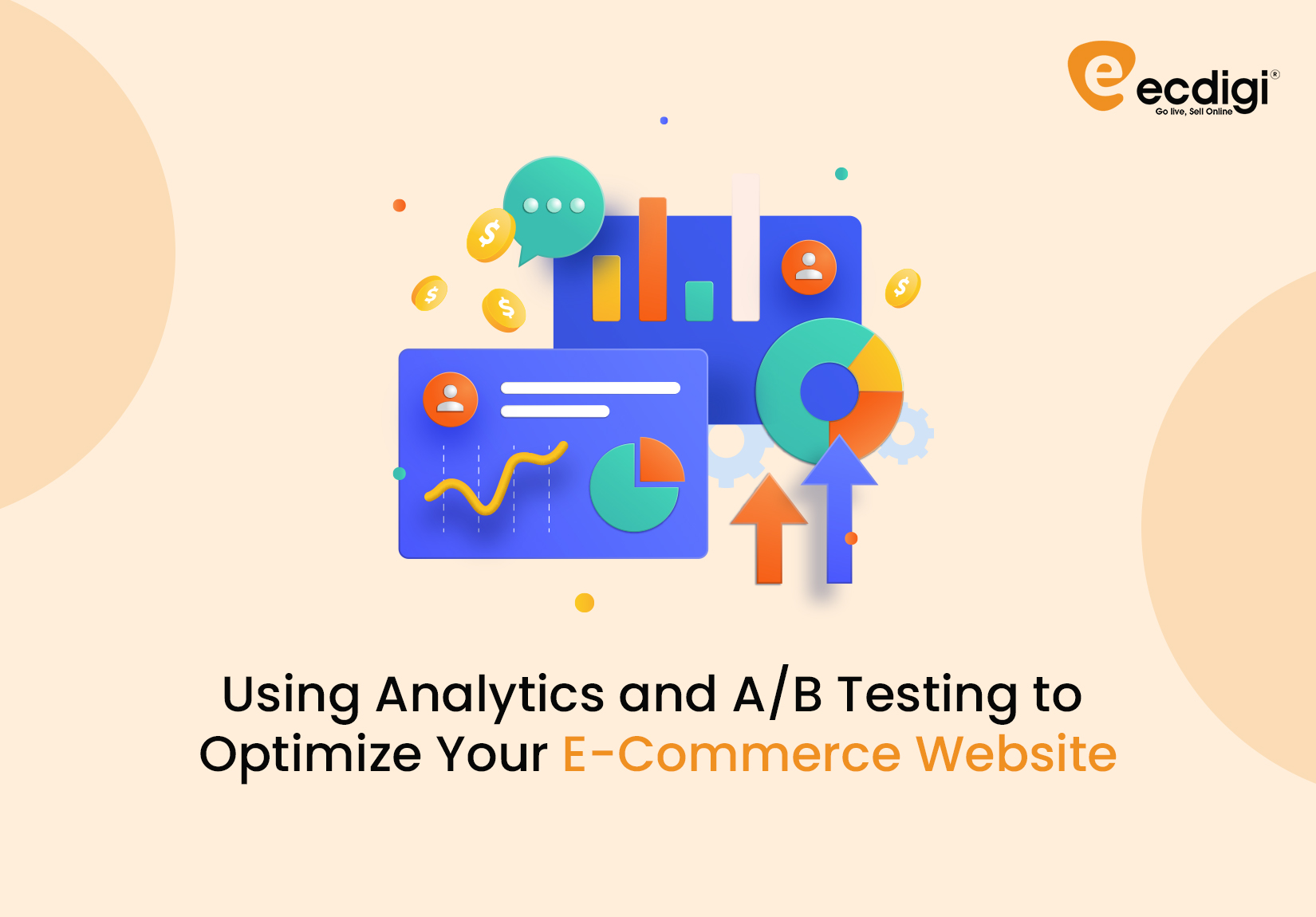Influencer Marketing 2.0
Leveraging Influencer Partnerships for e-Commerce Success
Influencer Marketing | 12 March, 2024
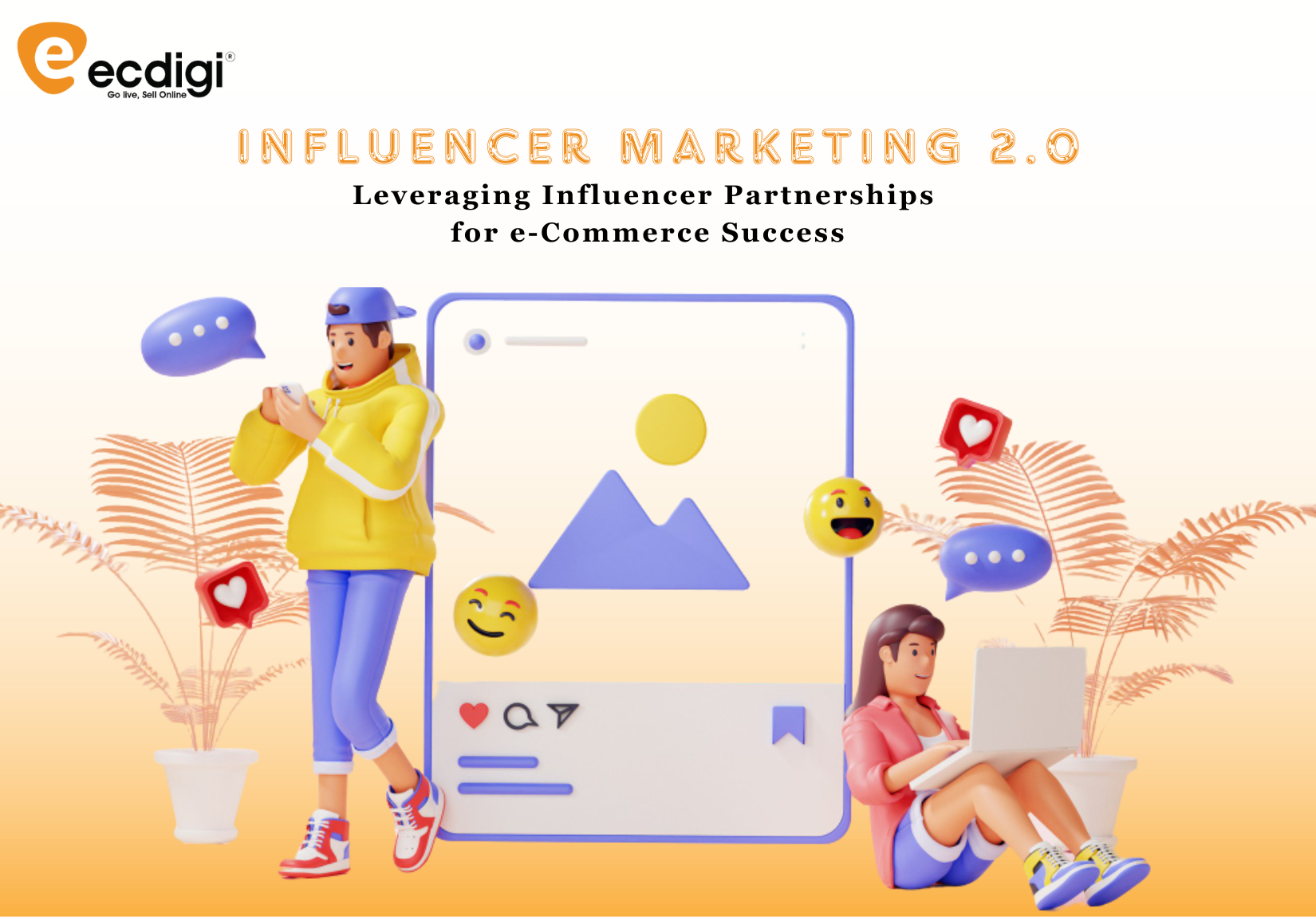
In the digital age, influencer marketing has become a cornerstone for brands looking to expand their reach and connect with consumers on a more personal level. However, as the digital landscape evolves, so too does the strategy behind influencer partnerships. Welcome to Influencer Marketing 2.0, where authenticity, creativity, and strategic collaboration pave the way for e-Commerce success. In this exploration, we'll dive into how brands are reimagining influencer partnerships, with real examples to guide and inspire.
The Evolution of Influencer Marketing
Gone are the days when influencer marketing was solely about partnering with individuals boasting millions of followers. Today, it's about authenticity, engagement, and alignment with brand values. Brands are now seeking influencers who resonate deeply with their target audience, whether they are micro-influencers with a few thousand followers or mega-influencers with millions. This shift is rooted in the understanding that the true value of influencer marketing lies in genuine connections and storytelling that captivates the audience.
Strategic Partnerships and Collaborations
Influencer Marketing 2.0 is characterized by strategic, long-term partnerships that go beyond one-off posts. Brands and influencers are co-creating content, launching exclusive products, and engaging in dialogues with their communities. This collaborative approach ensures that influencer campaigns are more integrated and aligned with the brand's overall marketing strategy, leading to more impactful and measurable results.
Successful Influencer Partnerships
1. Glossier and Micro-Influencers

Glossier, the beauty brand born on the internet, has built its empire largely through leveraging micro-influencers. By partnering with everyday beauty enthusiasts who genuinely love their products, Glossier has cultivated a loyal community and turned its customers into brand ambassadors. This grassroots approach has allowed Glossier to achieve explosive growth and become a beloved brand among millennials and Gen Z consumers.

2. Nike and Athlete Influencers
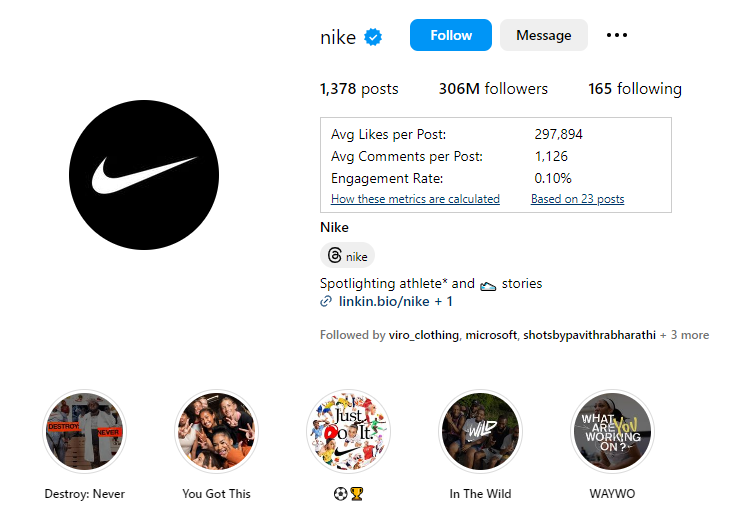
Nike's long-standing partnership with athletes like LeBron James and Serena Williams showcases the power of aligning with influencers who embody the brand's values of excellence, perseverance, and innovation. These partnerships go beyond traditional endorsements, involving collaborative product design and community initiatives, thereby deepening the brand's connection with its audience.

3. Airbnb and Celebrity Experiences
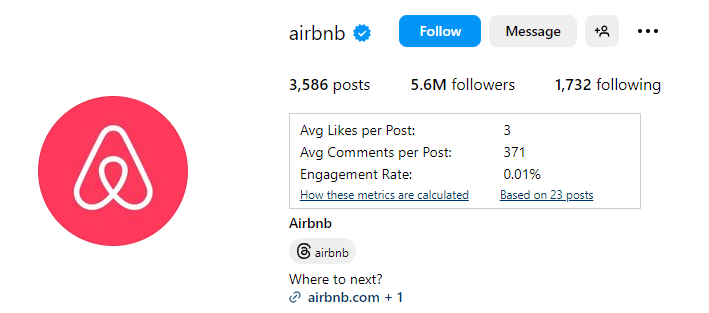
Airbnb has taken influencer marketing to new heights by partnering with celebrities to offer unique experiences. For instance, their partnership with Mariah Carey, where fans could book a stay in her luxurious New York City apartment, created a buzz and showcased Airbnb's offerings in a novel way. These partnerships elevate the brand by associating it with high-profile influencers while offering exclusive experiences that resonate with their audience.

Key Strategies for Leveraging Influencer Partnerships
Authenticity is King: Consumers can spot inauthenticity from a mile away. Brands must ensure that influencer partnerships feel genuine and align with their values and message. This authenticity fosters trust and credibility among the audience.
Engagement Over Followers: Engagement rates are a more valuable metric than sheer follower counts. Brands should prioritize influencers who have a strong connection with their audience, as this leads to higher engagement and conversion rates.
Creative Freedom: Allowing influencers creative freedom ensures that the content feels personal and genuine. This can lead to more innovative and engaging campaigns that resonate better with the target audience.
Data-Driven Decisions: Utilizing data and analytics to inform influencer selection and campaign strategies is crucial. Brands should analyze performance metrics to continually optimize their influencer marketing efforts.
Diversify Your Portfolio: Collaborating with a diverse range of influencers can help brands reach different segments of their audience more effectively. This includes varying in follower size, demographics, niches, and platforms.
Challenges and the Road Ahead
As influencer marketing continues to evolve, brands face challenges such as navigating platform changes, ensuring ROI, and maintaining authenticity at scale. However, by staying adaptable, focusing on genuine connections, and leveraging data, brands can overcome these hurdles and maximize the impact of their influencer partnerships.
The future of influencer marketing holds exciting possibilities, with emerging technologies like AR/VR and AI offering new ways to create immersive and personalized experiences. As we move forward, the brands that succeed will be those that continue to innovate, prioritize authenticity, and build meaningful relationships with both influencers and their audiences.
Conclusion
Influencer Marketing 2.0 is about forging genuine connections, embracing creativity, and leveraging strategic partnerships for mutual growth. By learning from successful examples like Glossier, Nike, and Airbnb, brands can navigate the evolving landscape of influencer marketing and harness its power to achieve e-Commerce success. In this new era, the brands that thrive will be those that understand the importance of authenticity, engagement, and strategic collaboration in creating campaigns that resonate deeply with consumers. Welcome to the future of influencer marketing, where every partnership is an opportunity to tell a story, engage an audience, and build a brand that stands the test of time.


